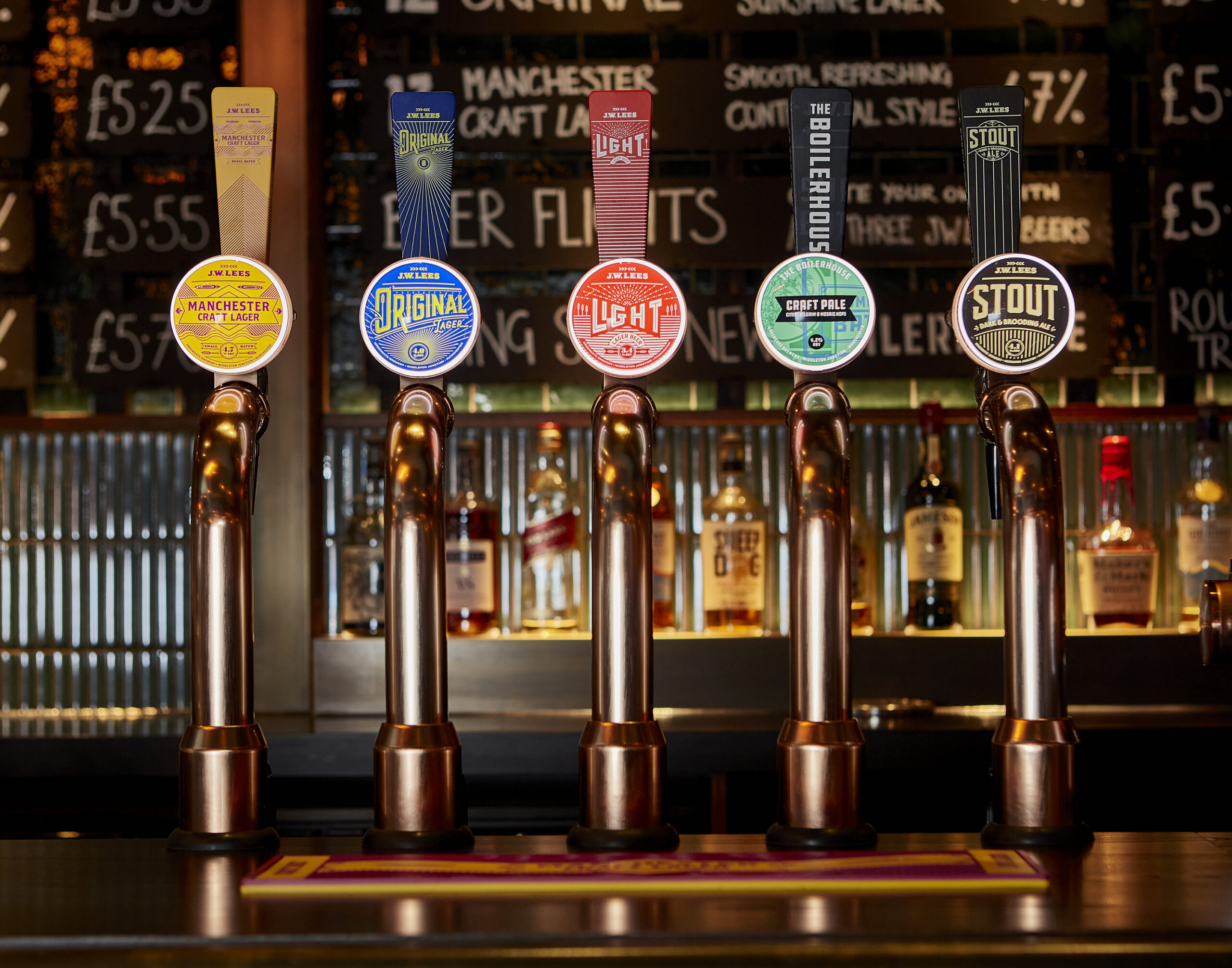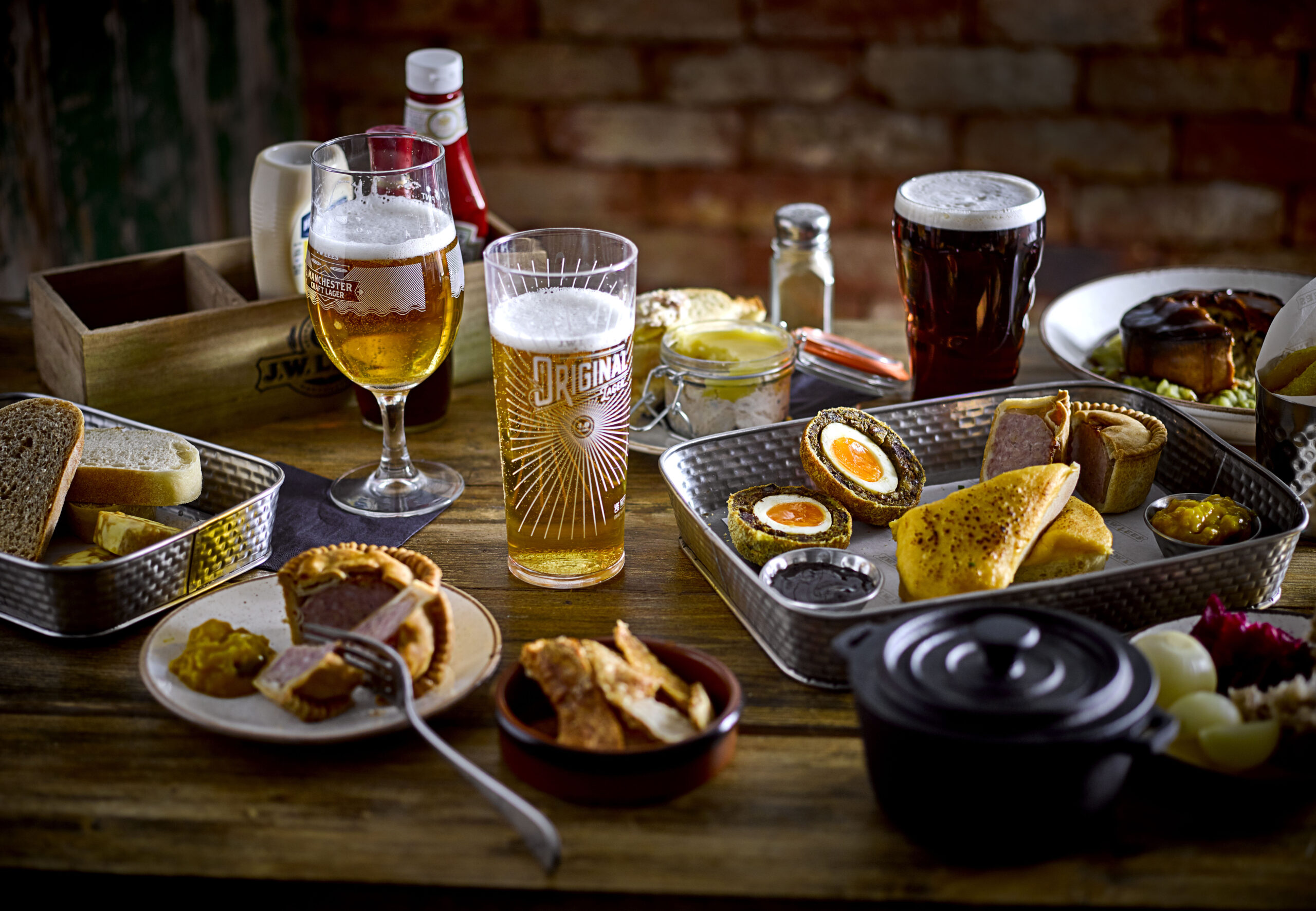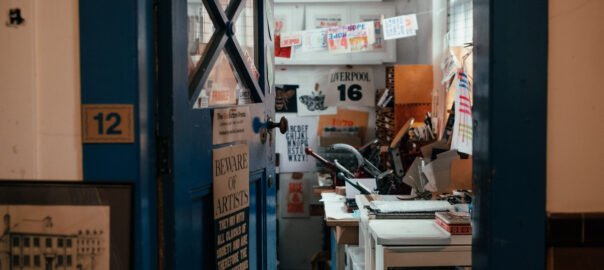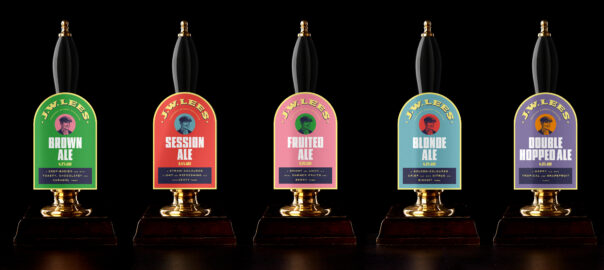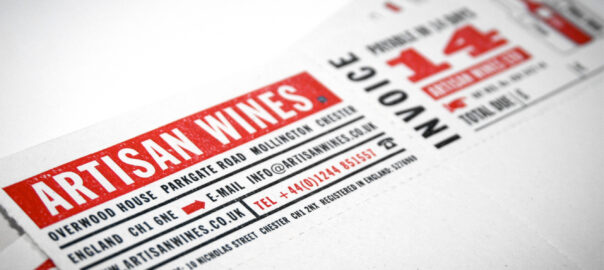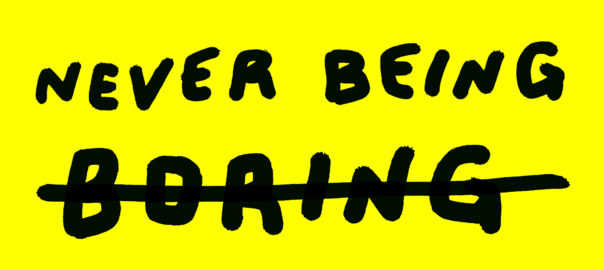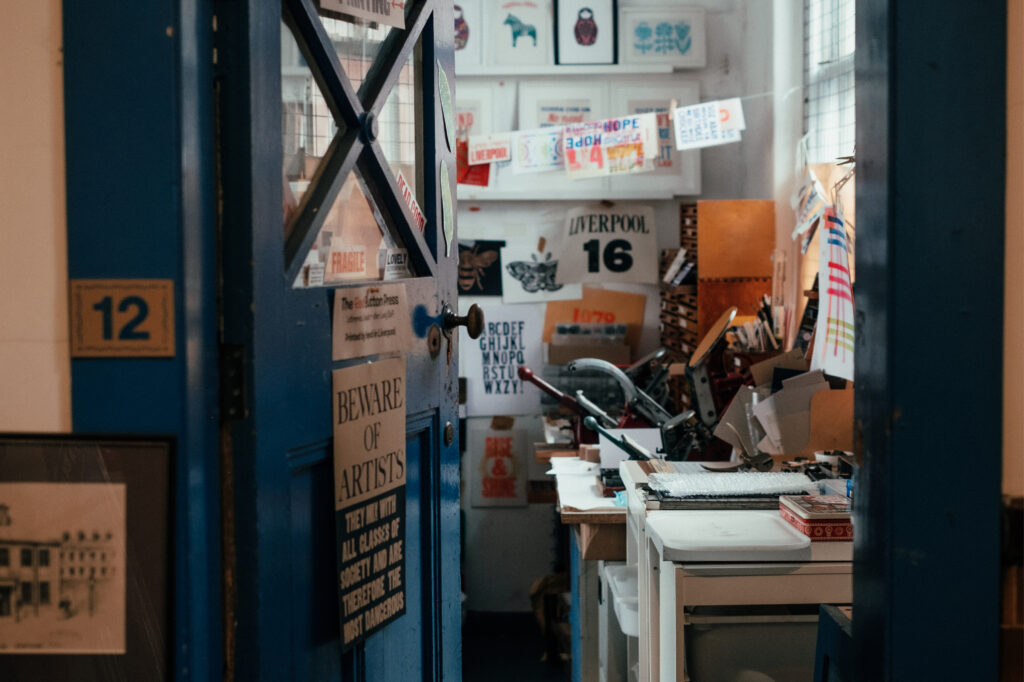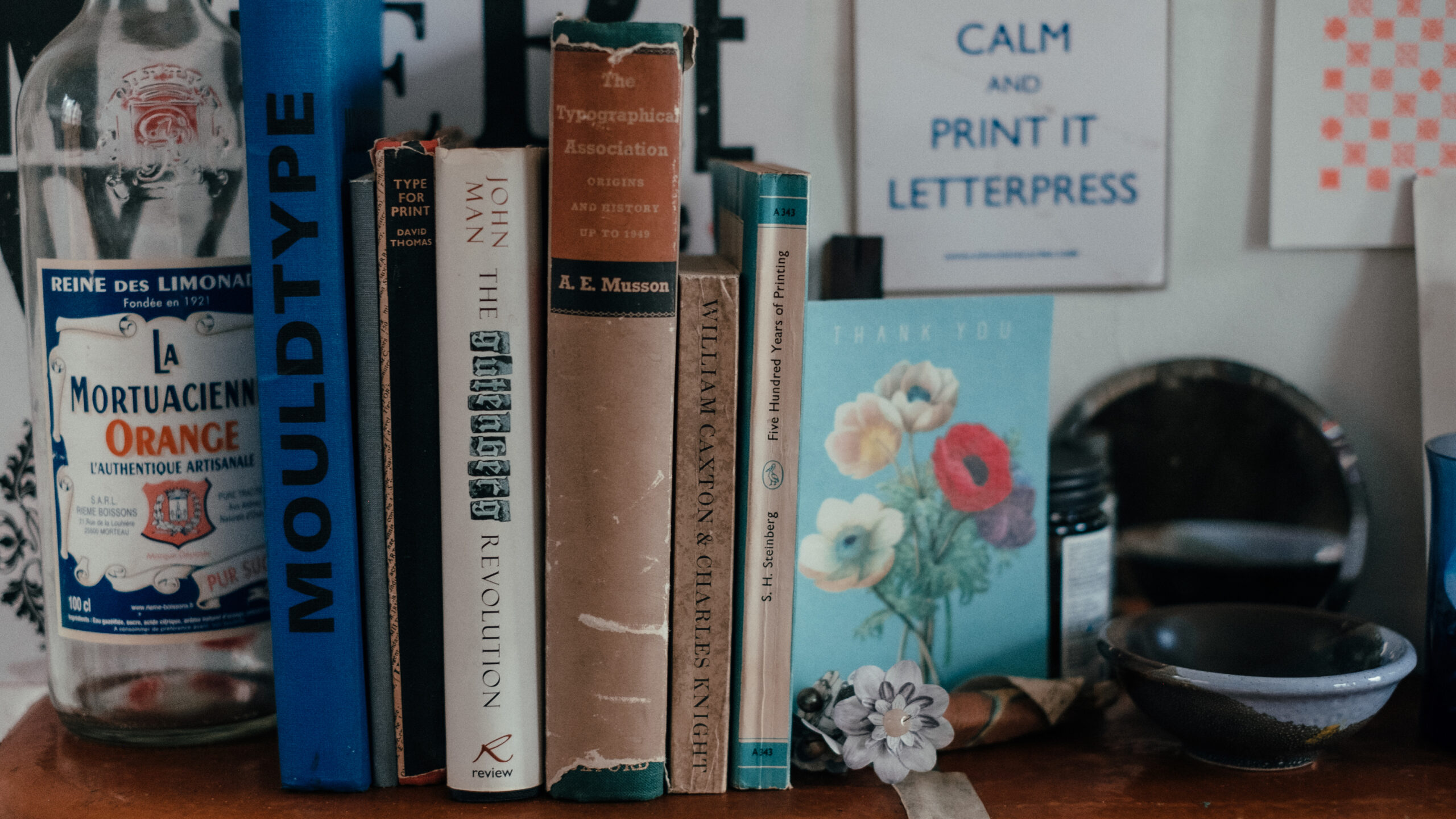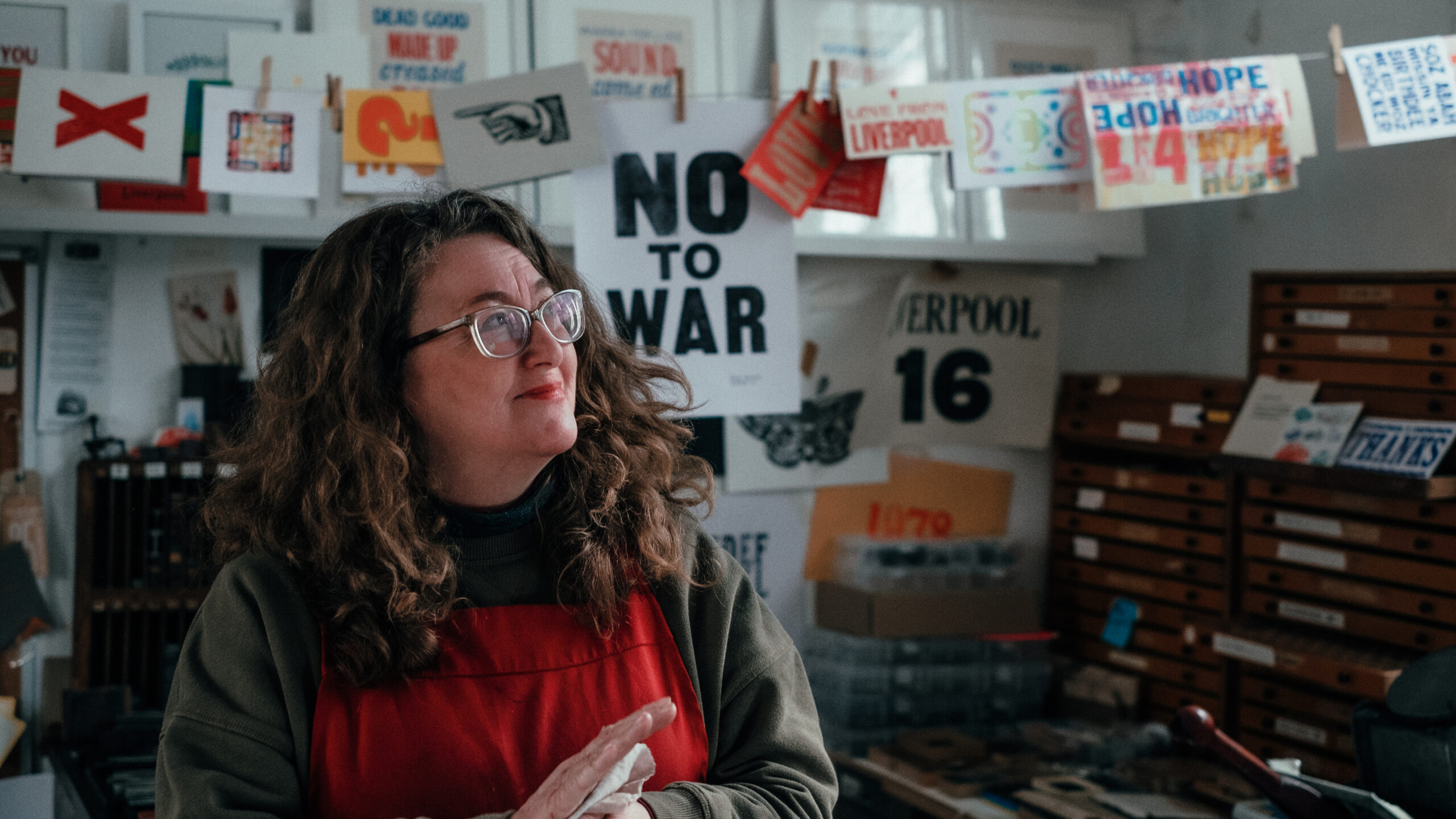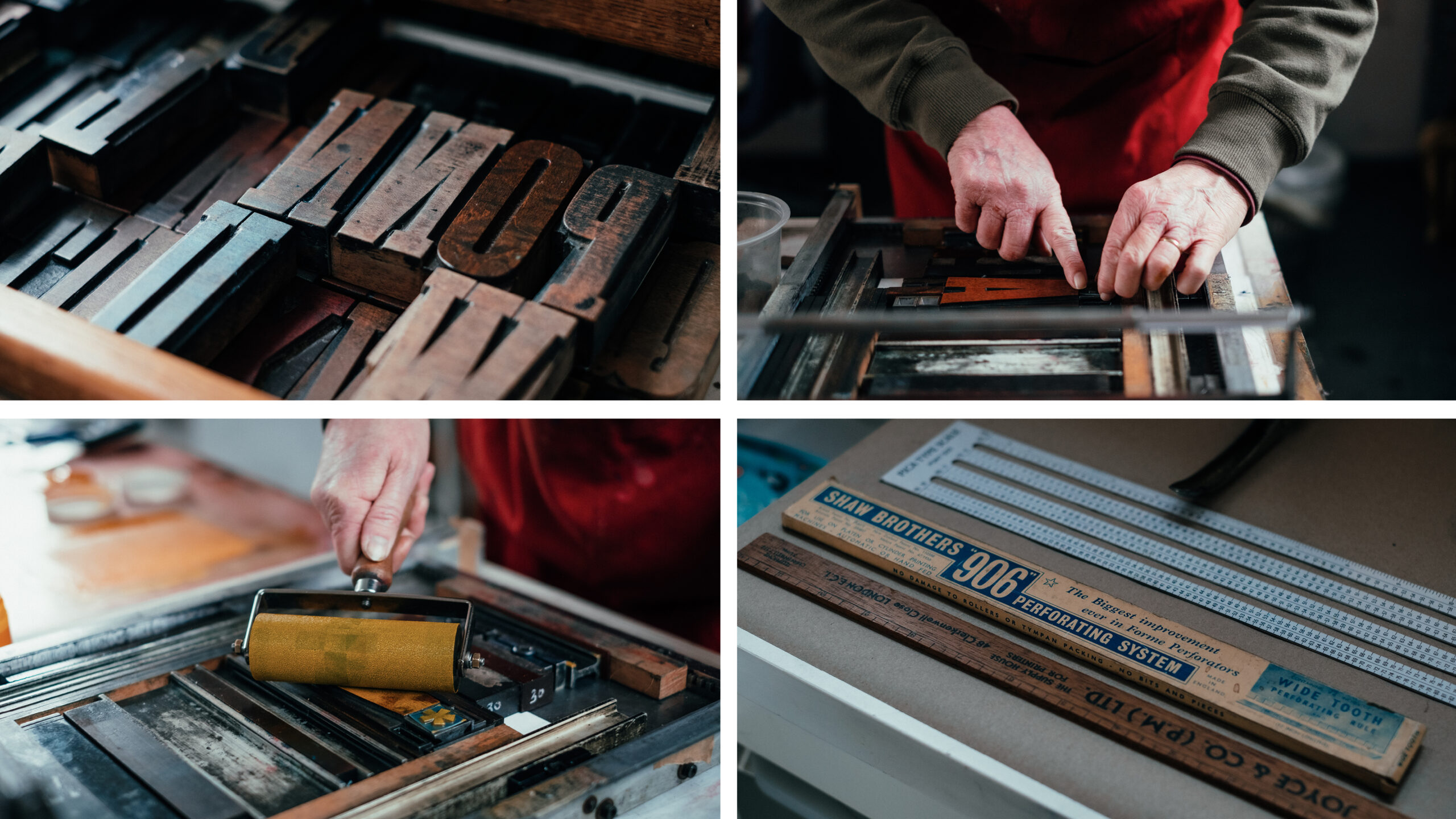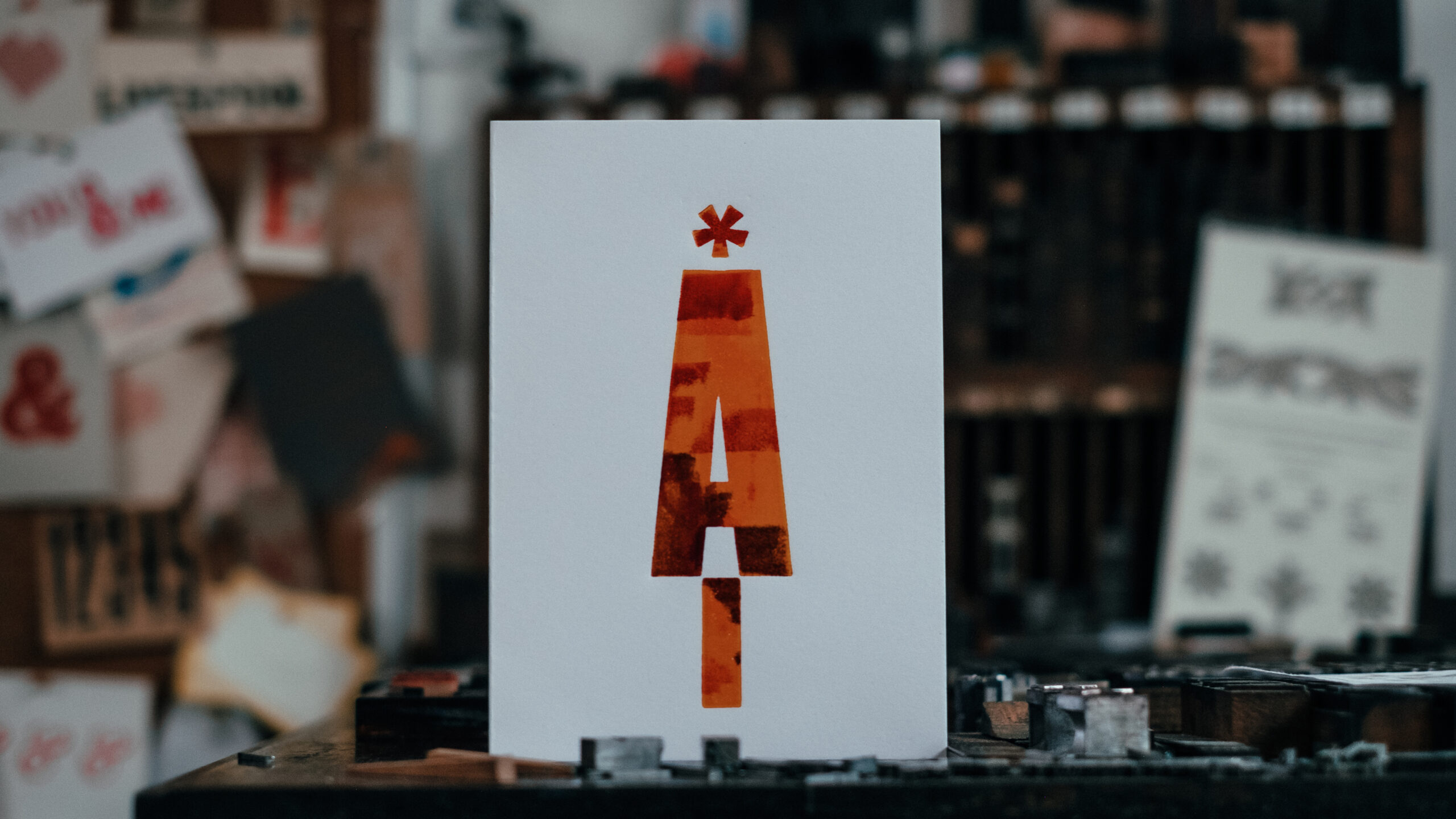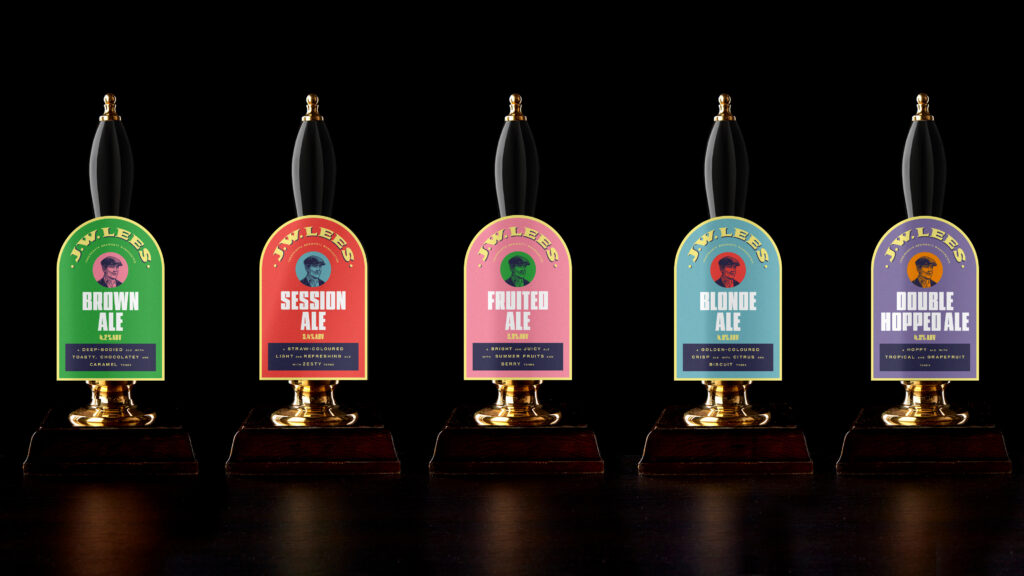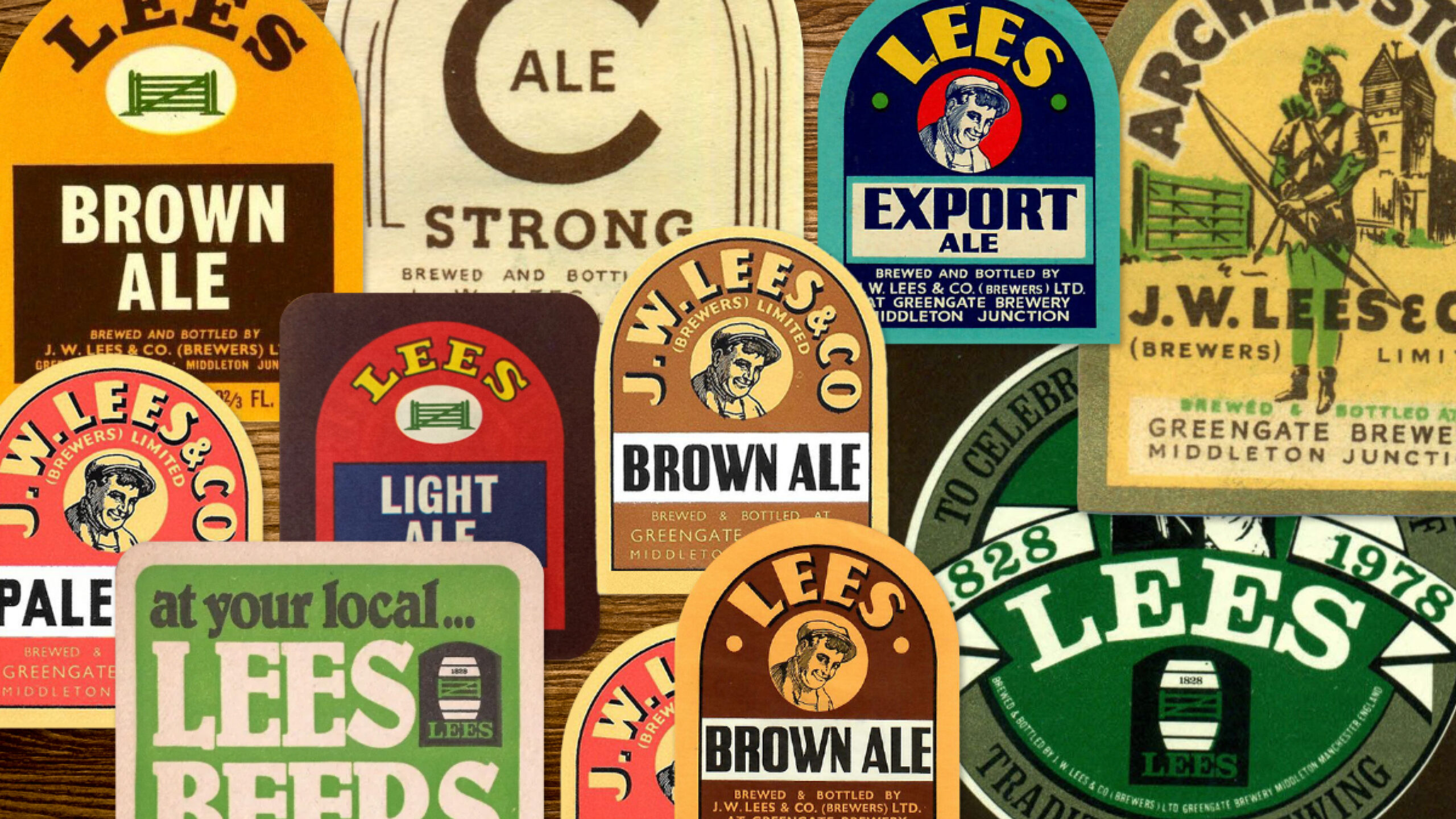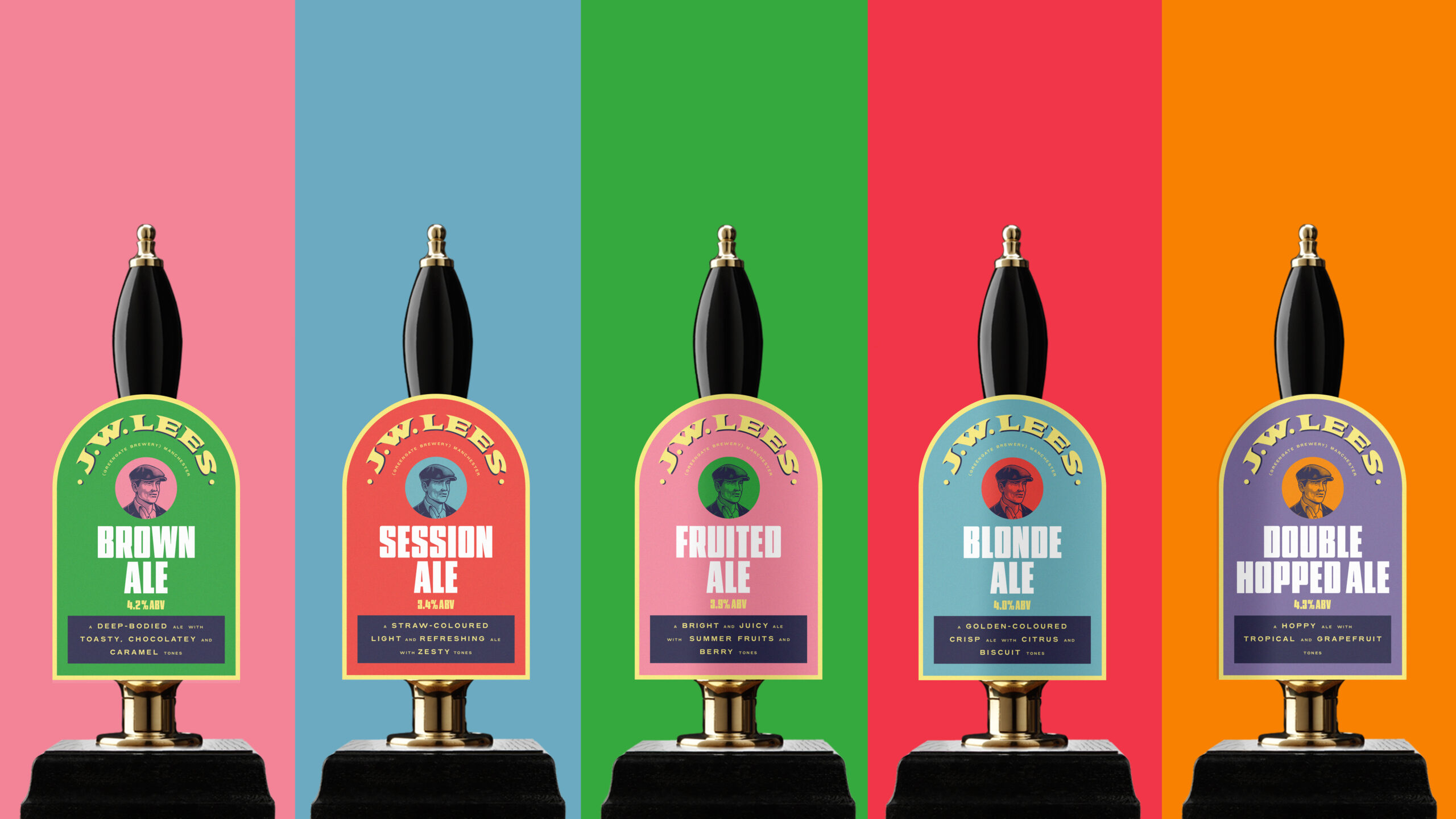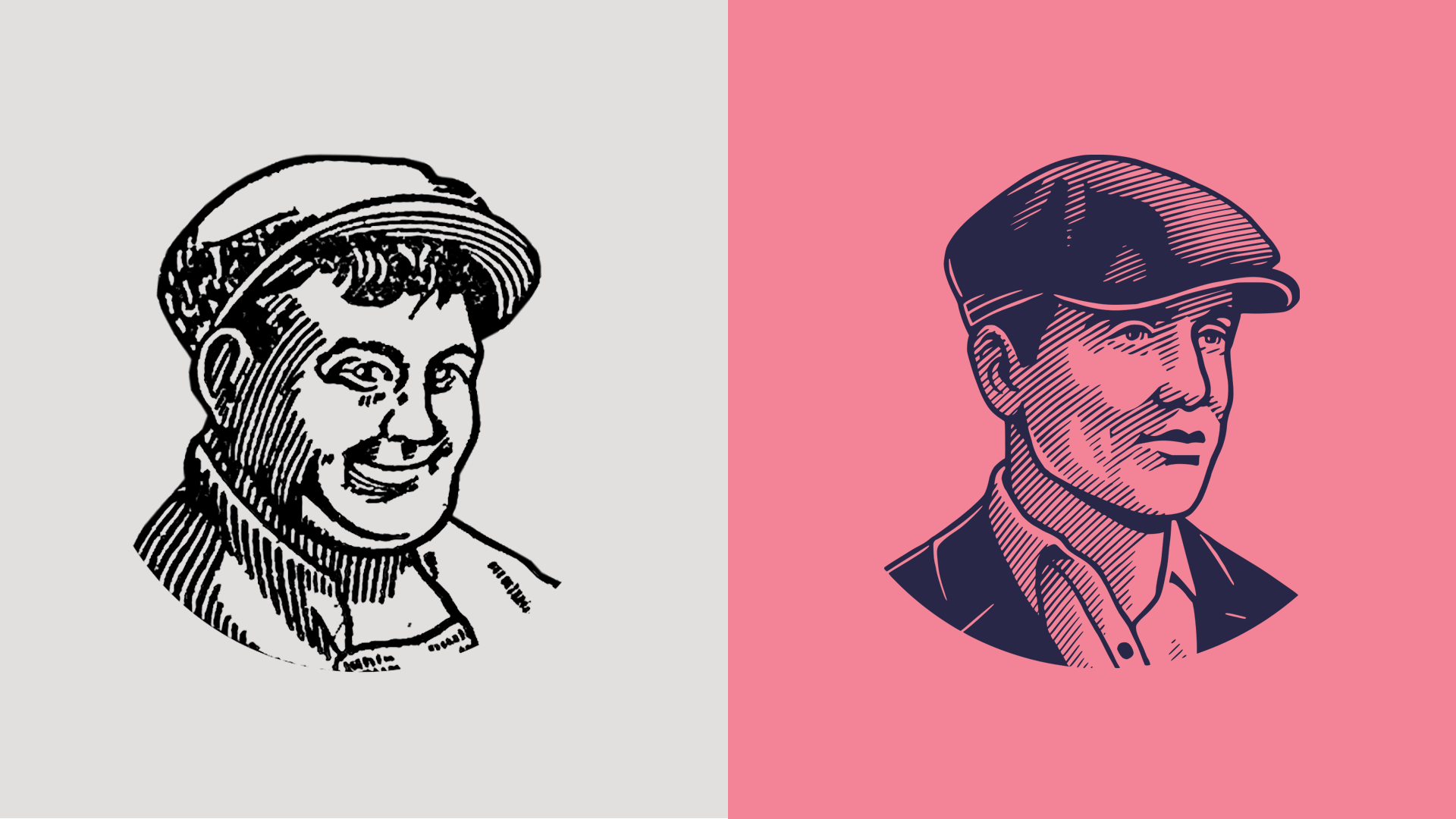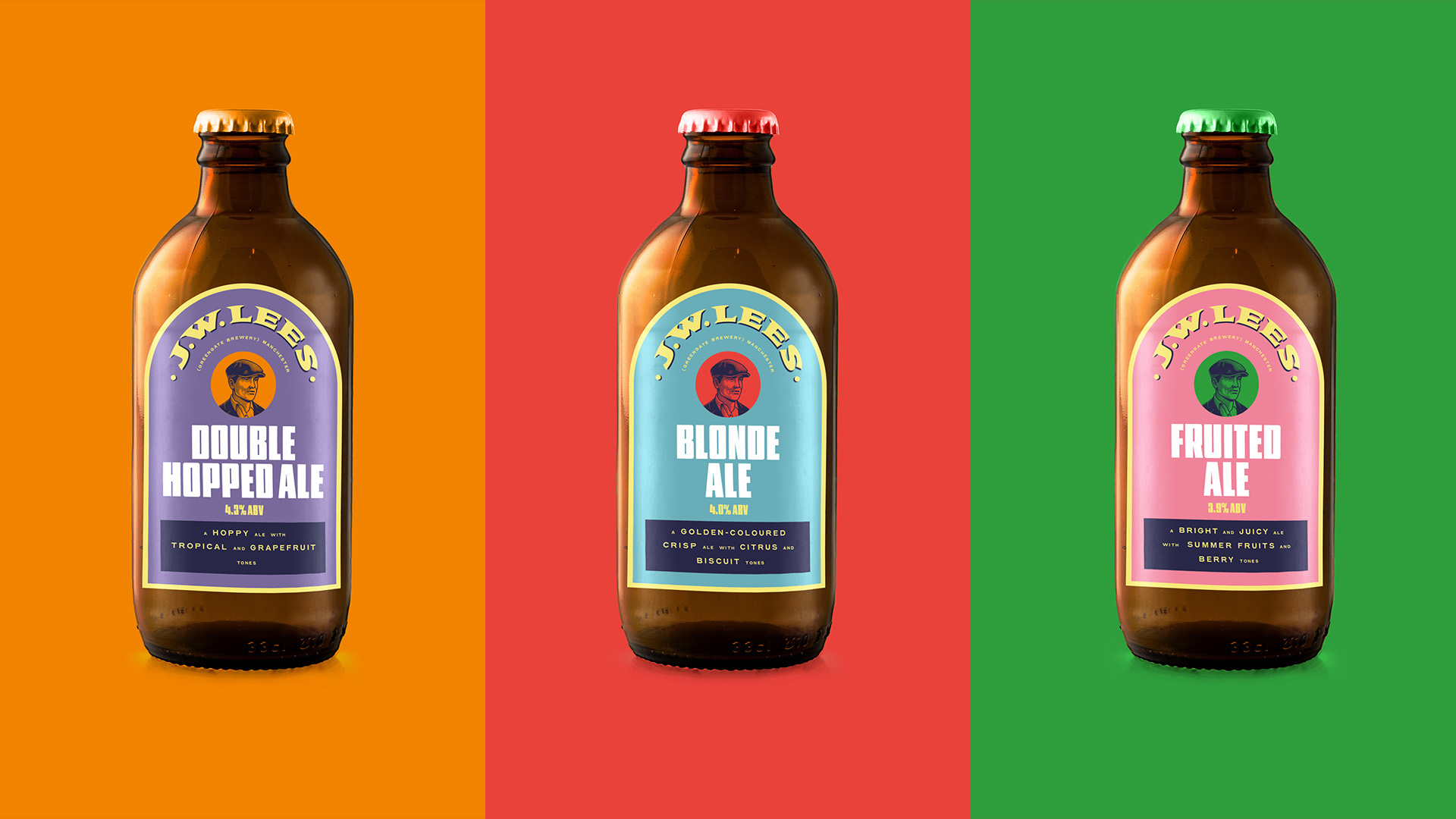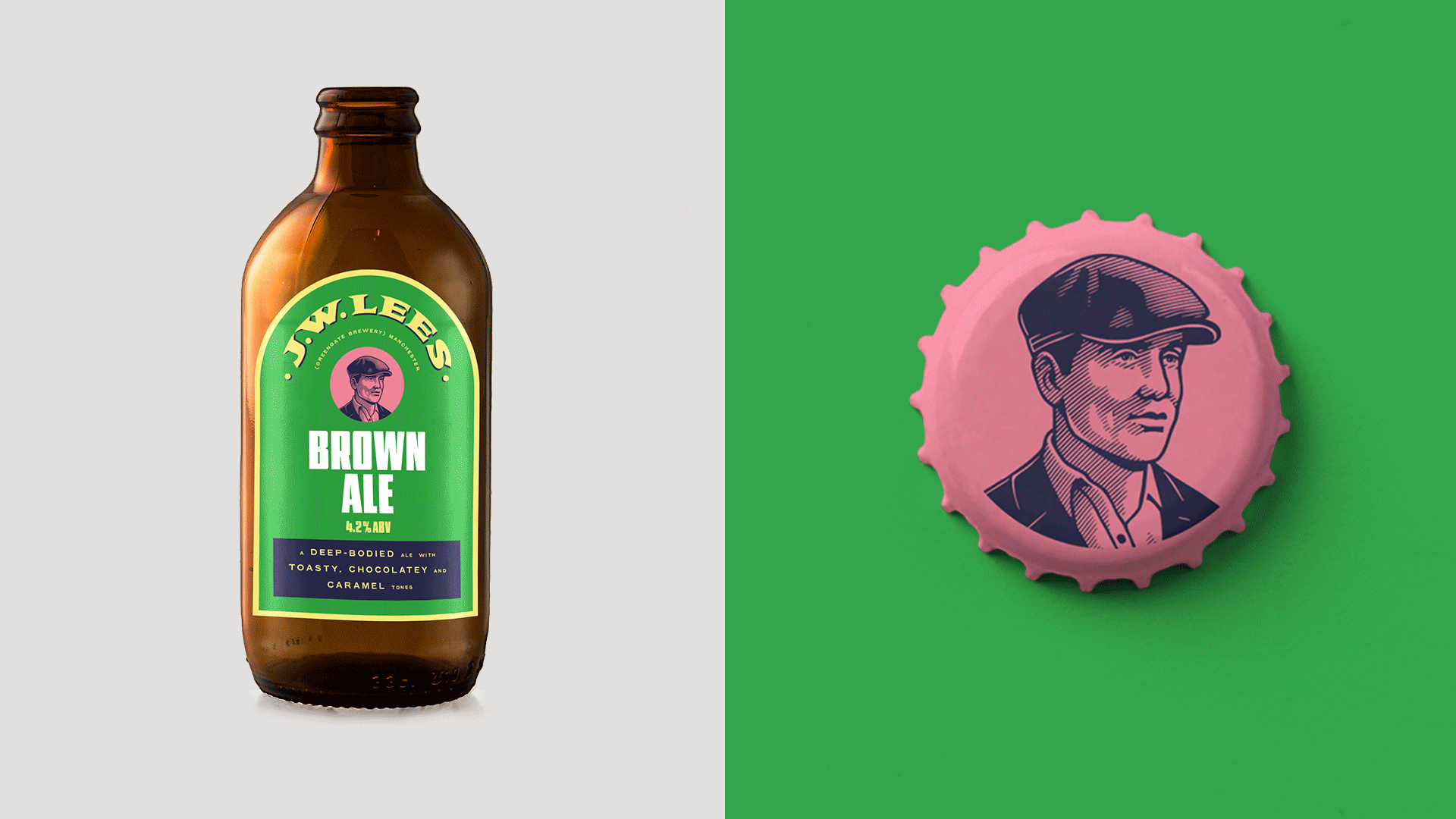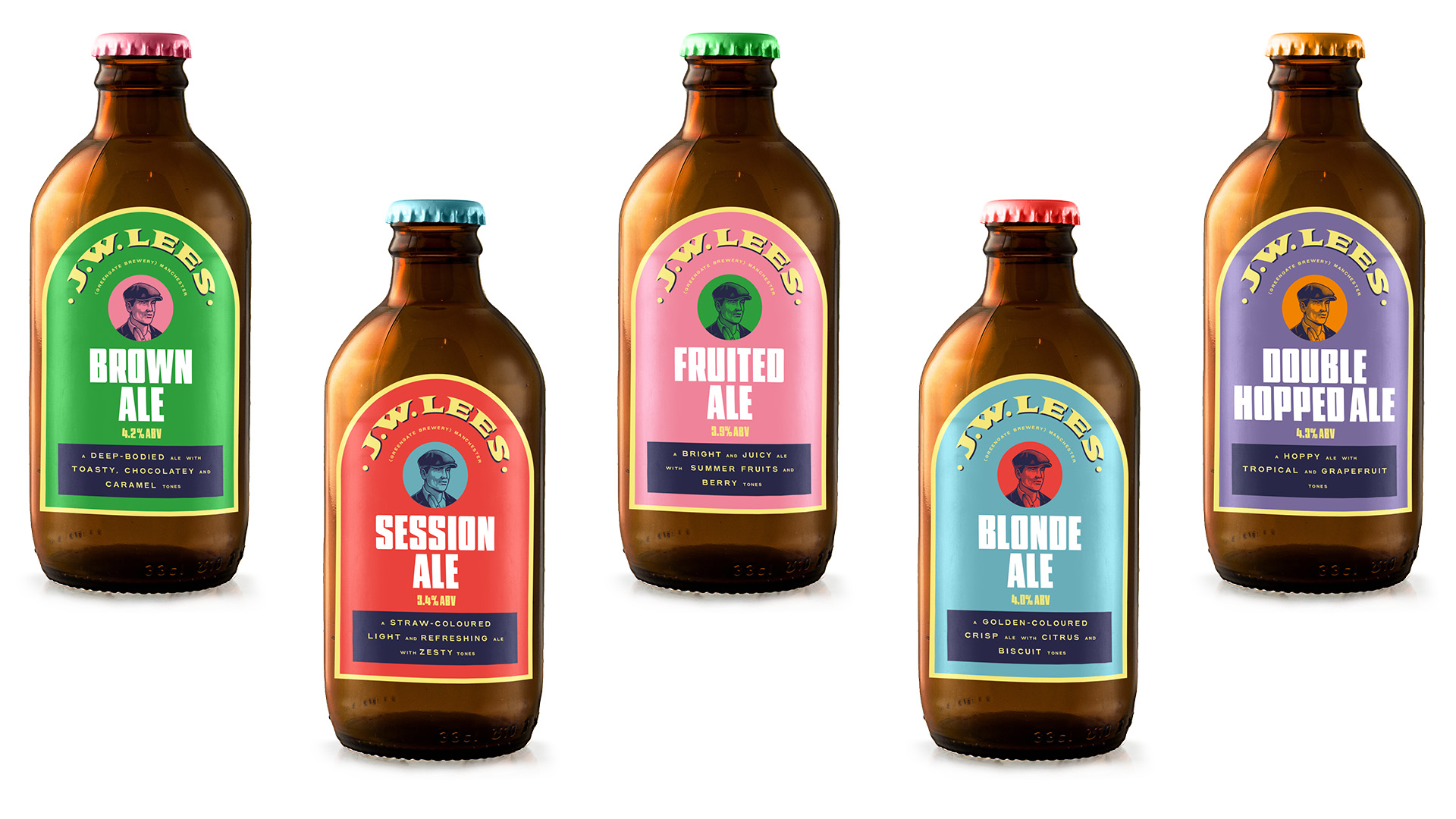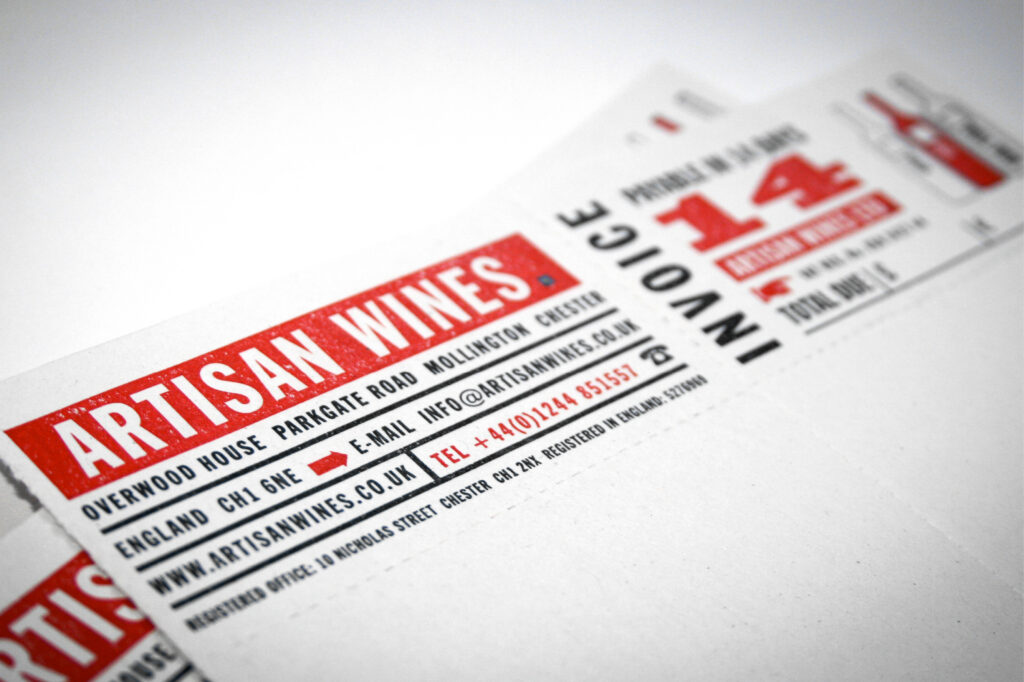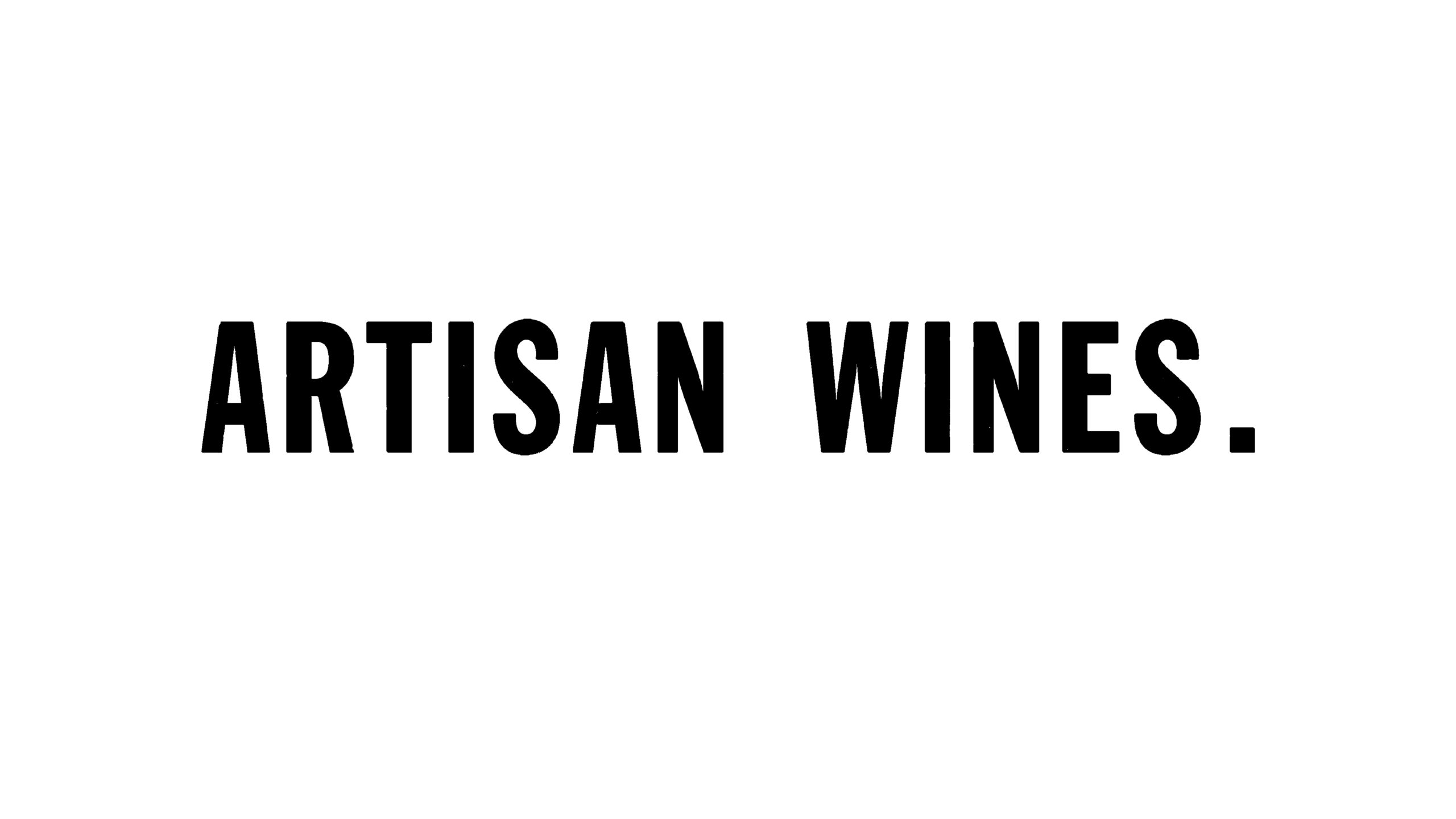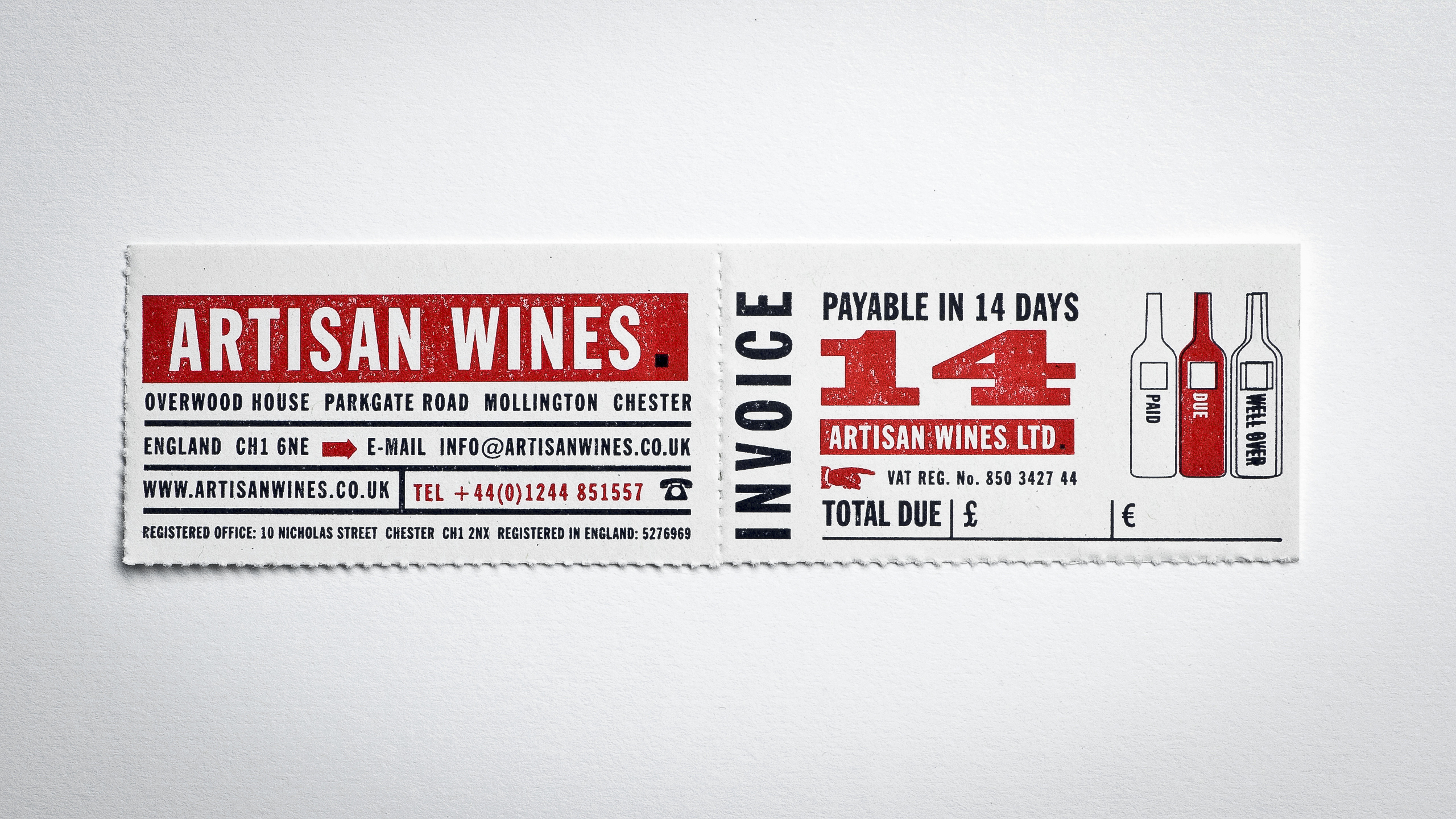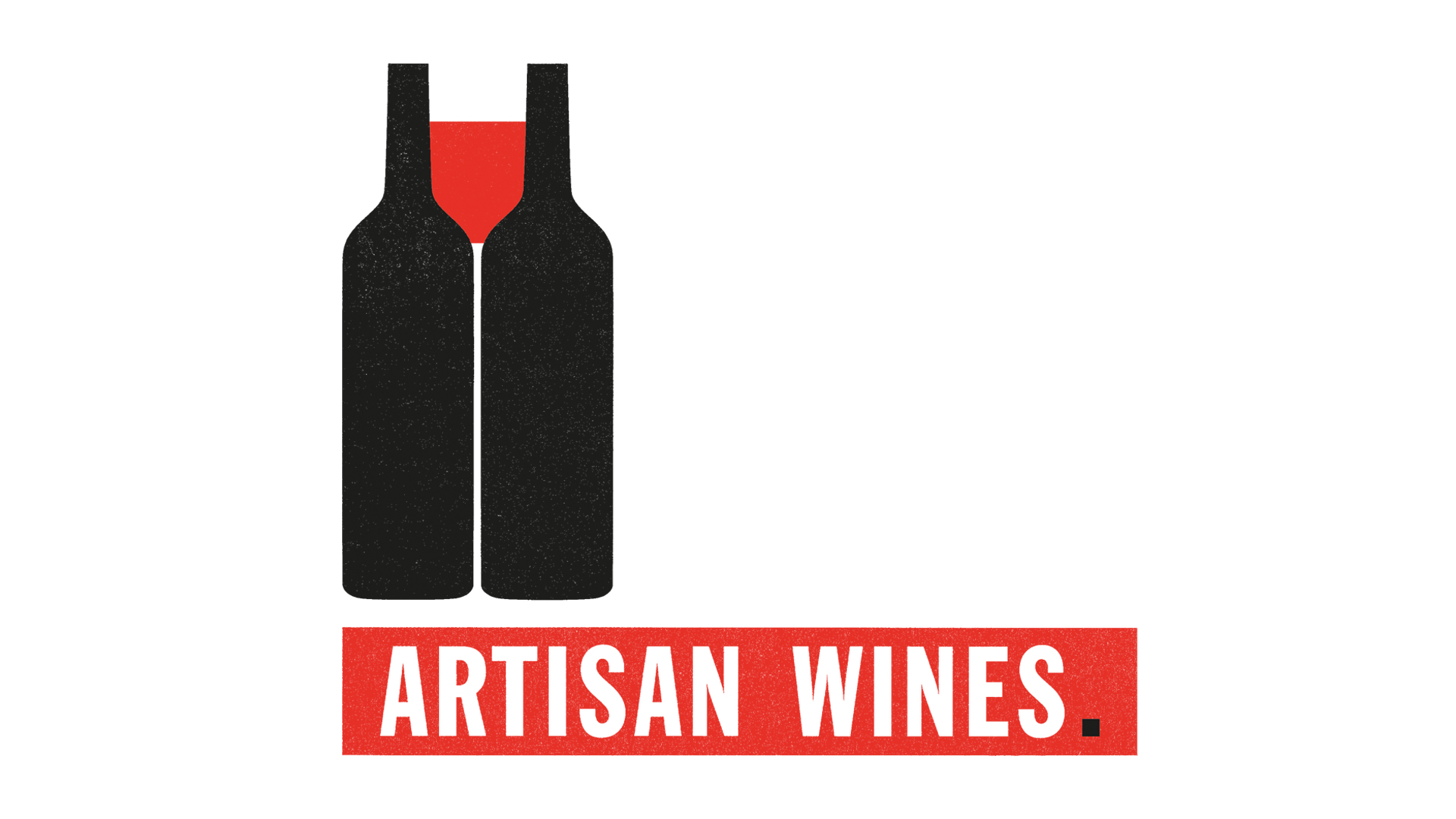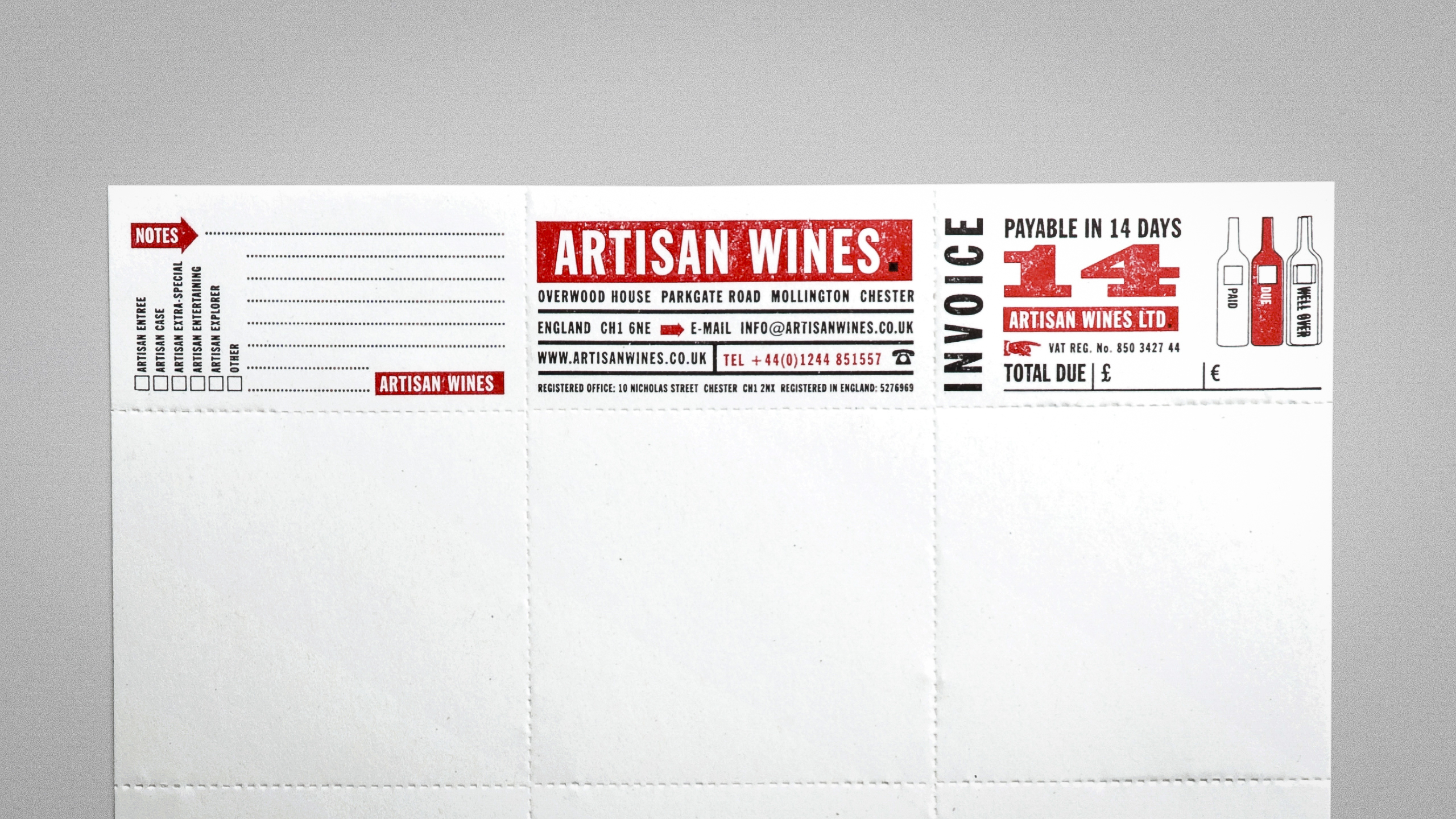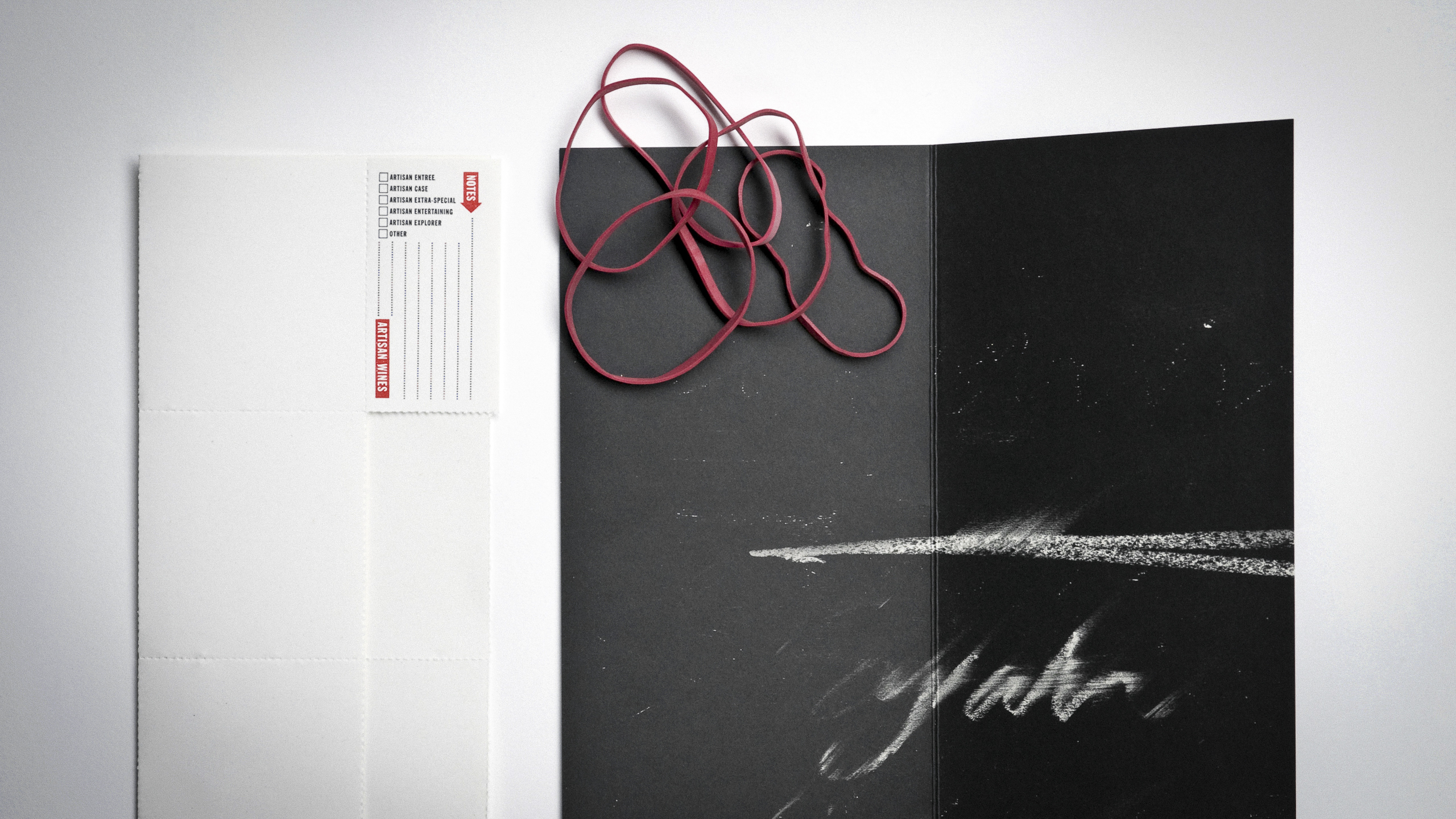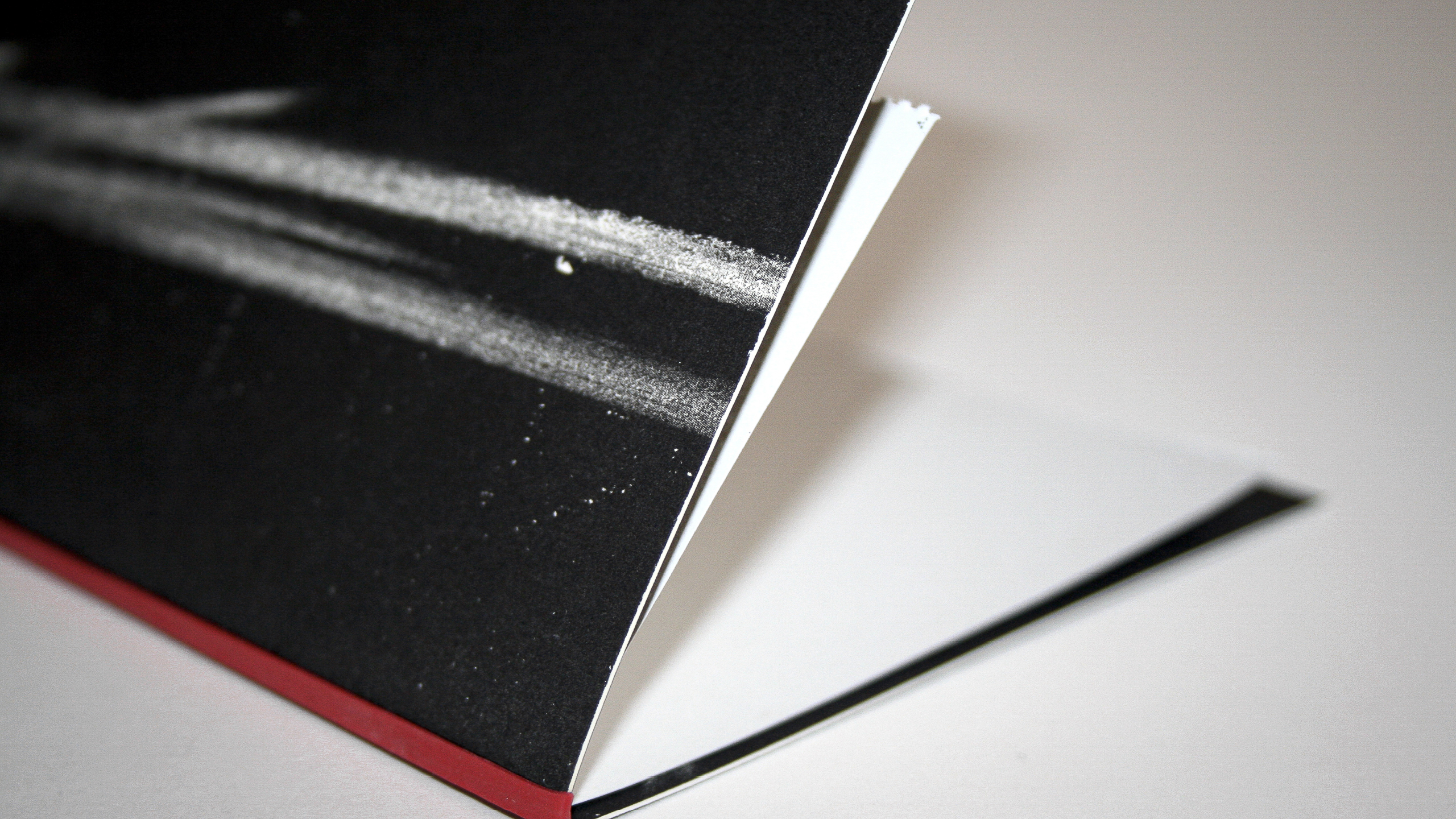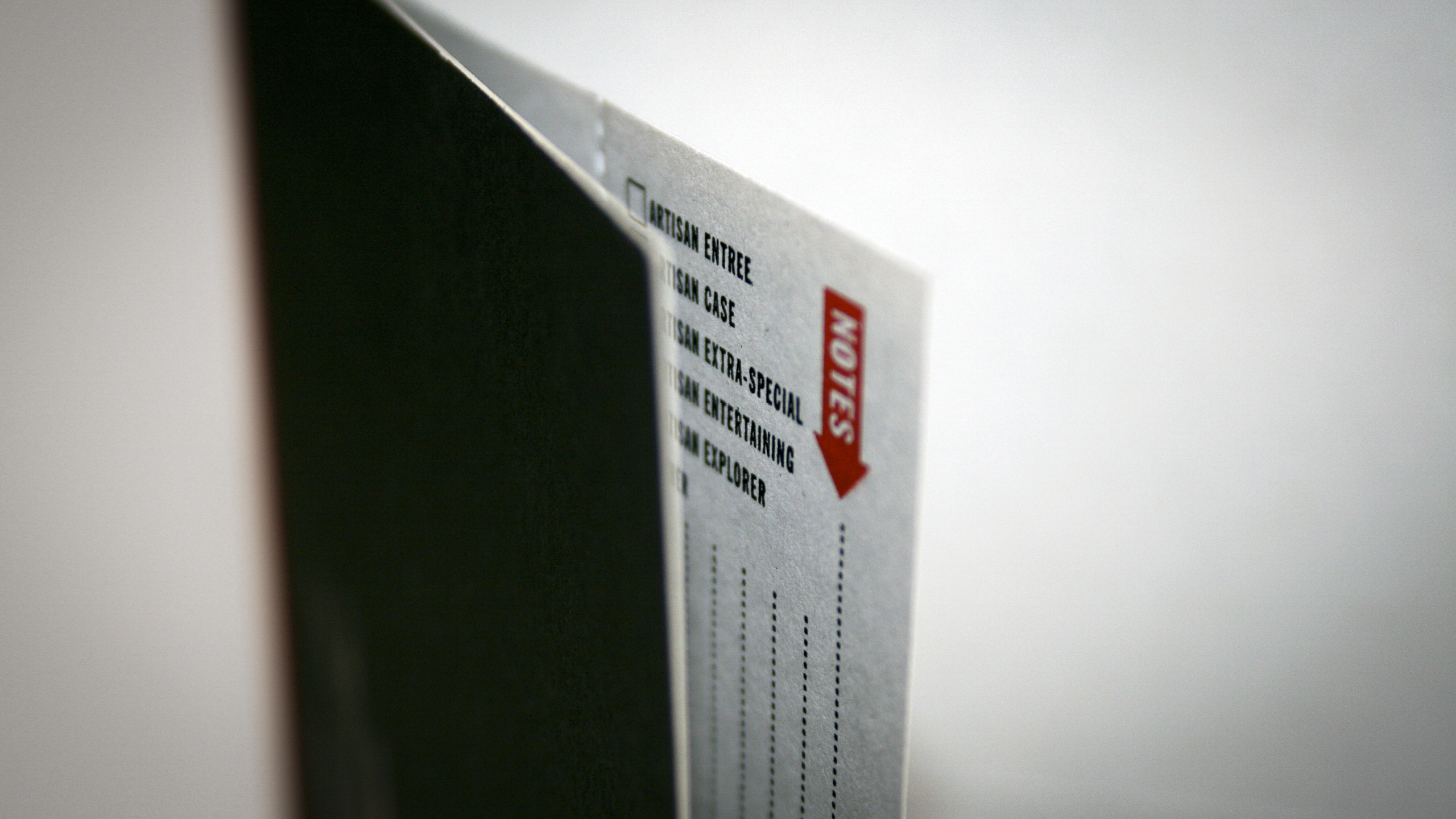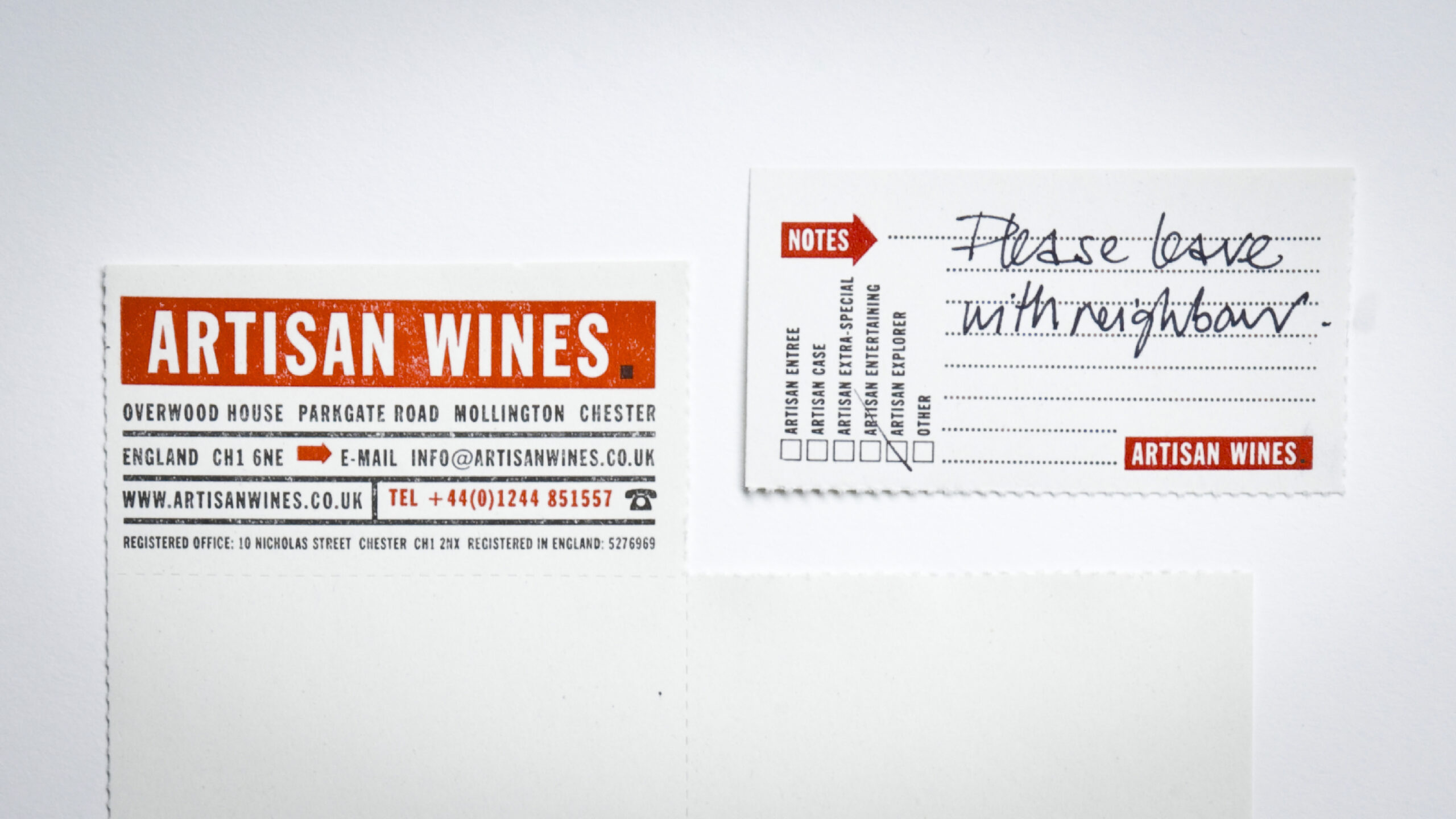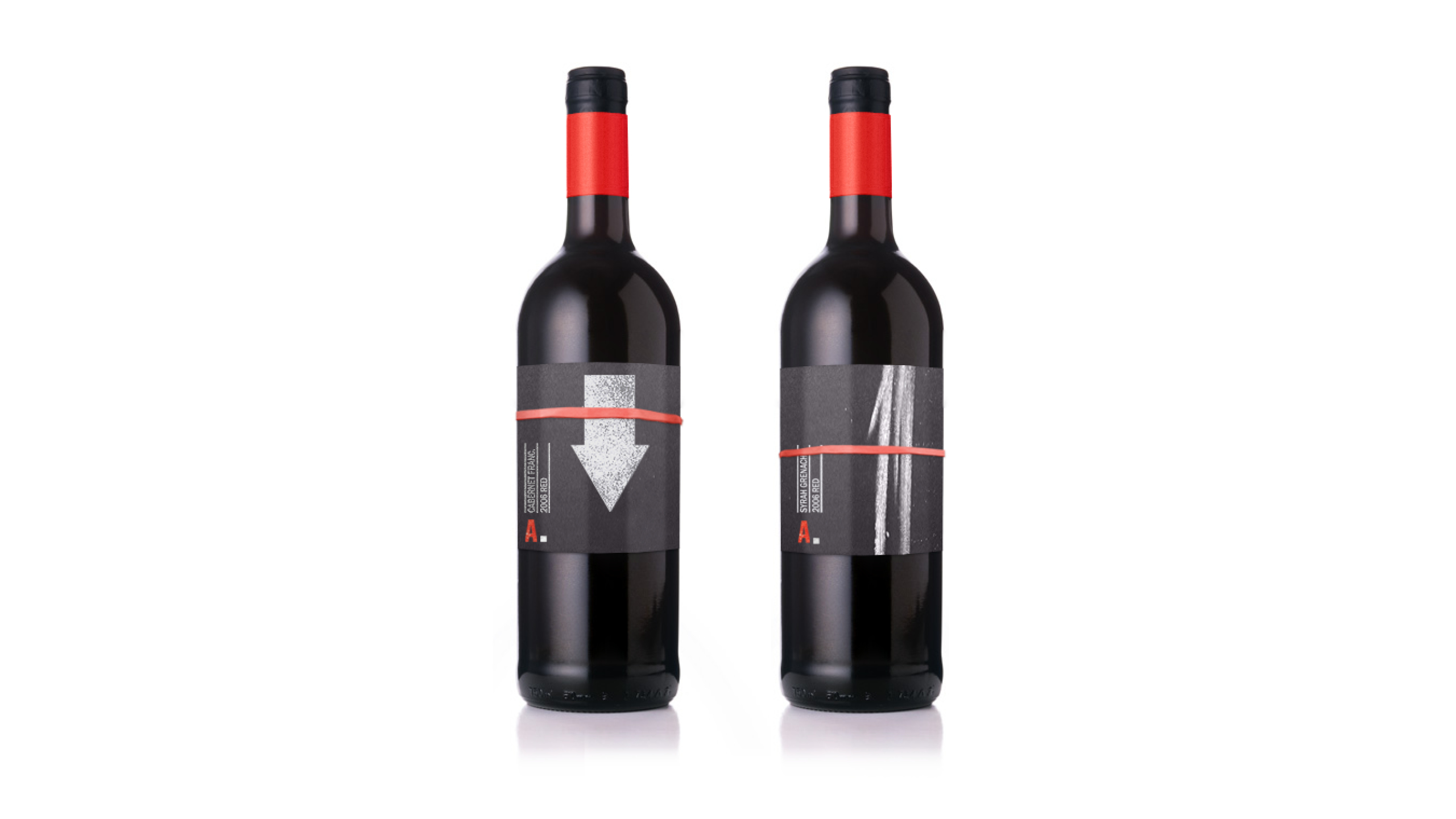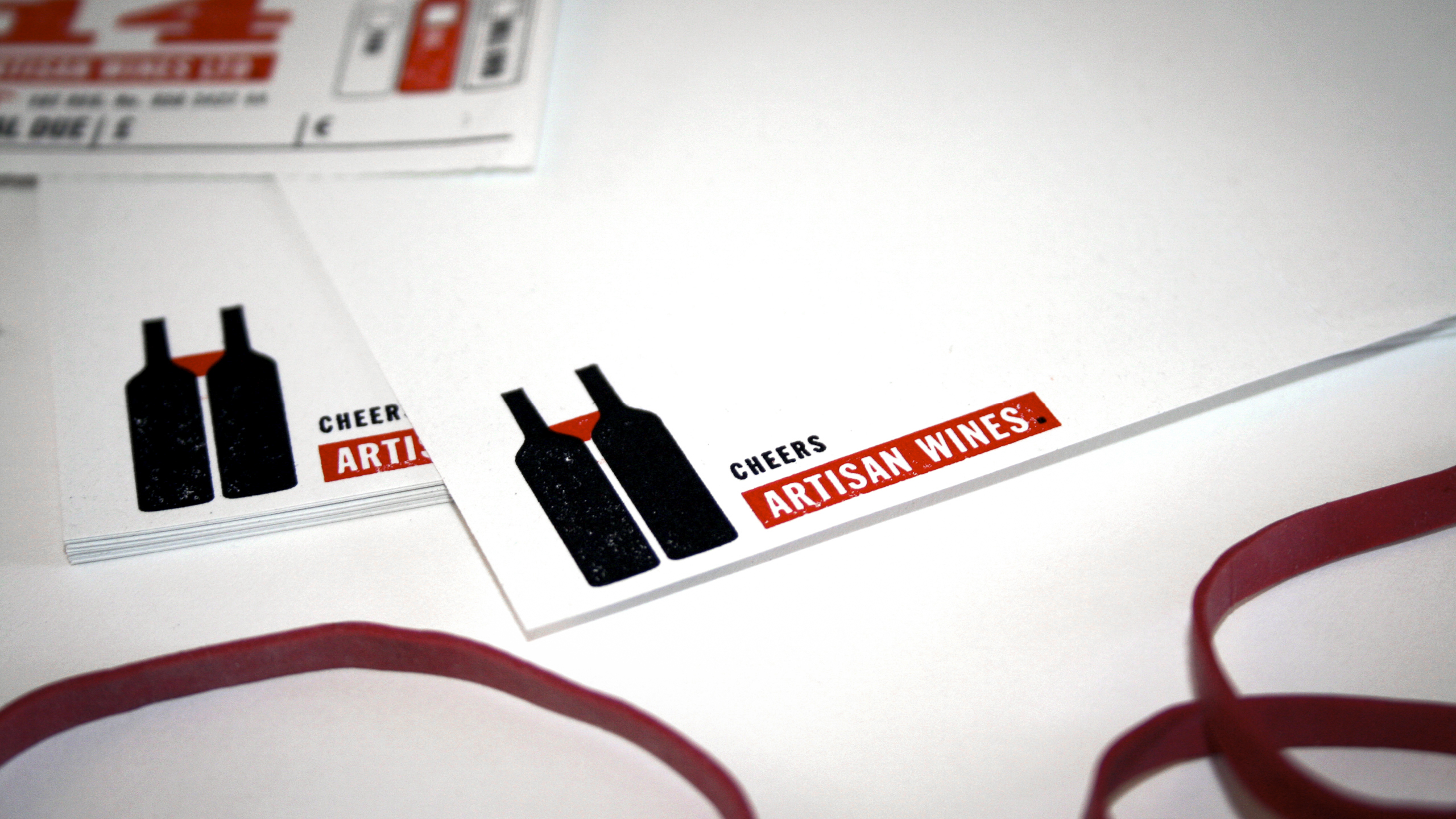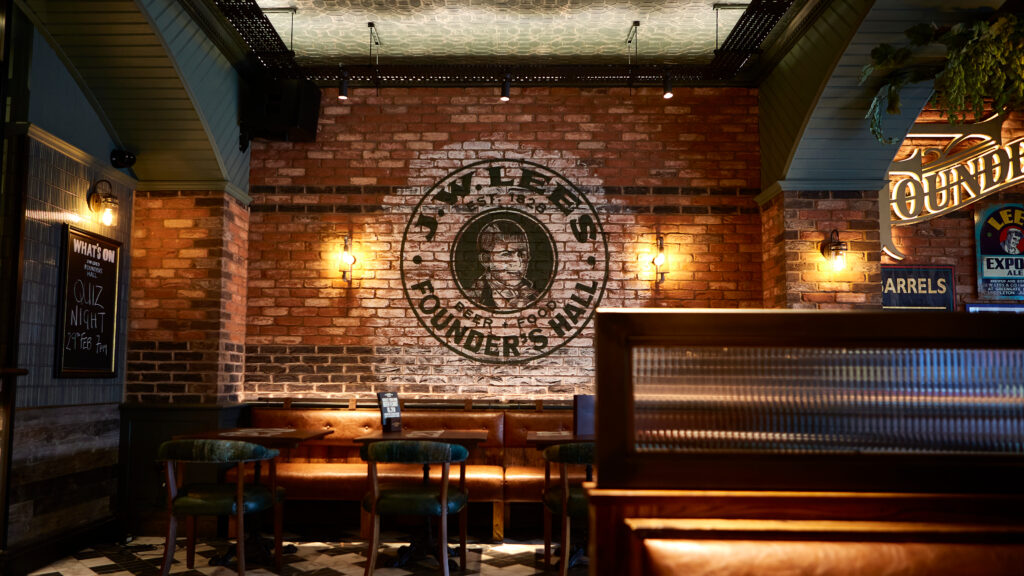
JW Lees | Founder's Hall
Sitting on Albert Square, Founder’s Hall is in an iconic spot in the shadow of Manchester’s Neo-Gothic Town Hall. The unique space is a testament to JW Lees’ past, present and future. It’s a story of tradition, innovation and a passion for beer that started in 1828 with the opening of Greengate Brewery at Middleton Junction, six miles from the centre of Manchester.
We were instructed to develop a new format from scratch for the former Dutton’s Manchester site and work with JW Lees on all aspects of it, from the name and branding, to interiors, food, drink and uniforms. JW Lees’ brief was for a venue that would celebrate nearly 200 years of brewing history and be a shrine to their full range of beers. Yet the requirement was to go beyond a traditional pub. The concept needed to sit comfortably in an urban building at the heart of a major city.
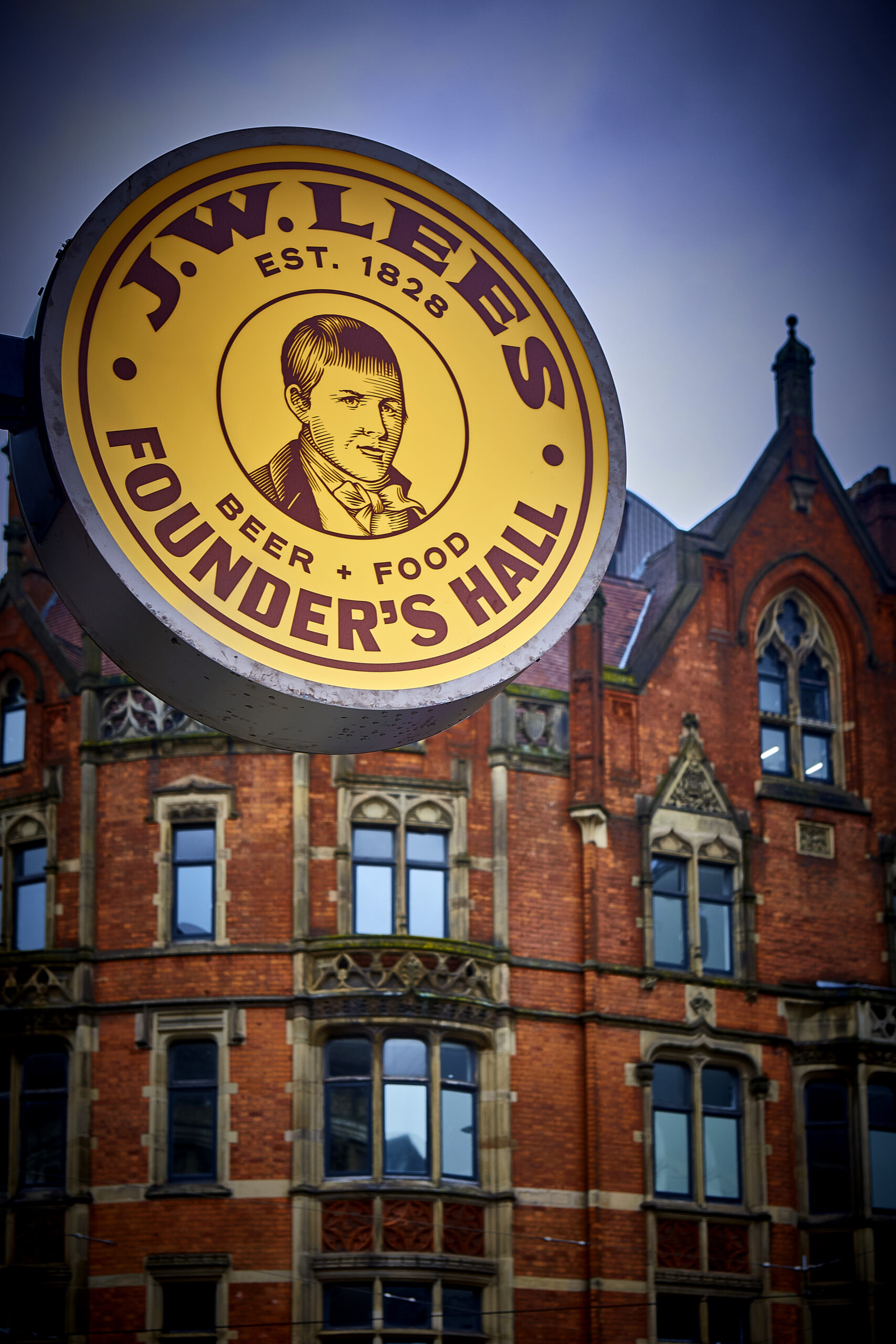
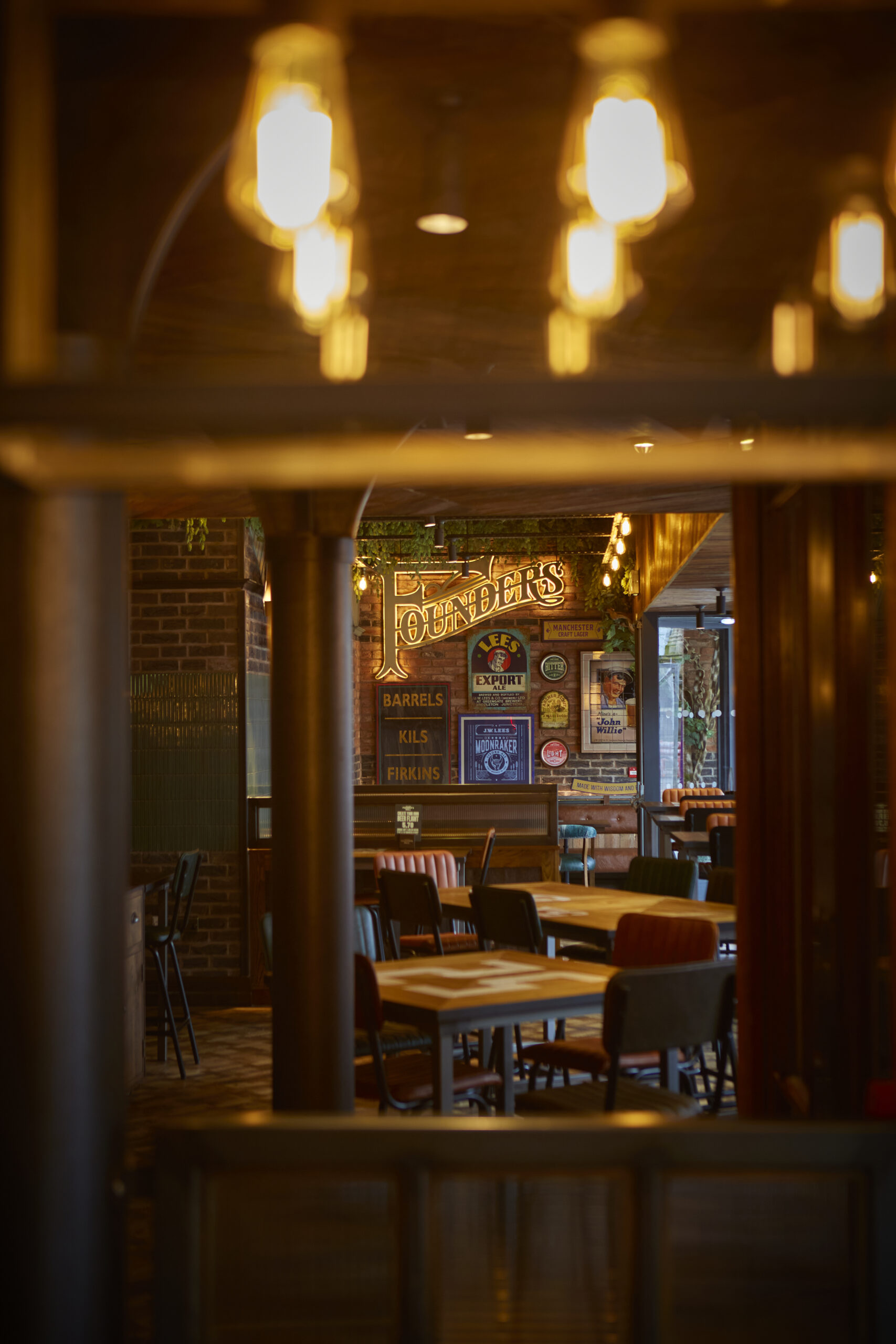
The space design and interiors scheme, which we worked on hand-in-hand with the JW Lees property team, is modern yet imbued with layers of time. It features materials, art and ephemera reclaimed from JW Lees’ brewery, mixed with a relaxed, industrial aesthetic conducive to clank and chatter, banter and grub – the atmosphere of a great pub but not a pub.
The branding used across the signage, interiors, website and marketing fuses the past and present, just like the interiors. At the centre of the mark is an illustration of John Lees created by Srdjan Vidakovic. The type follows our approach across the JW Lees brand of using display typefaces with an industrial heritage and plenty of muscle.
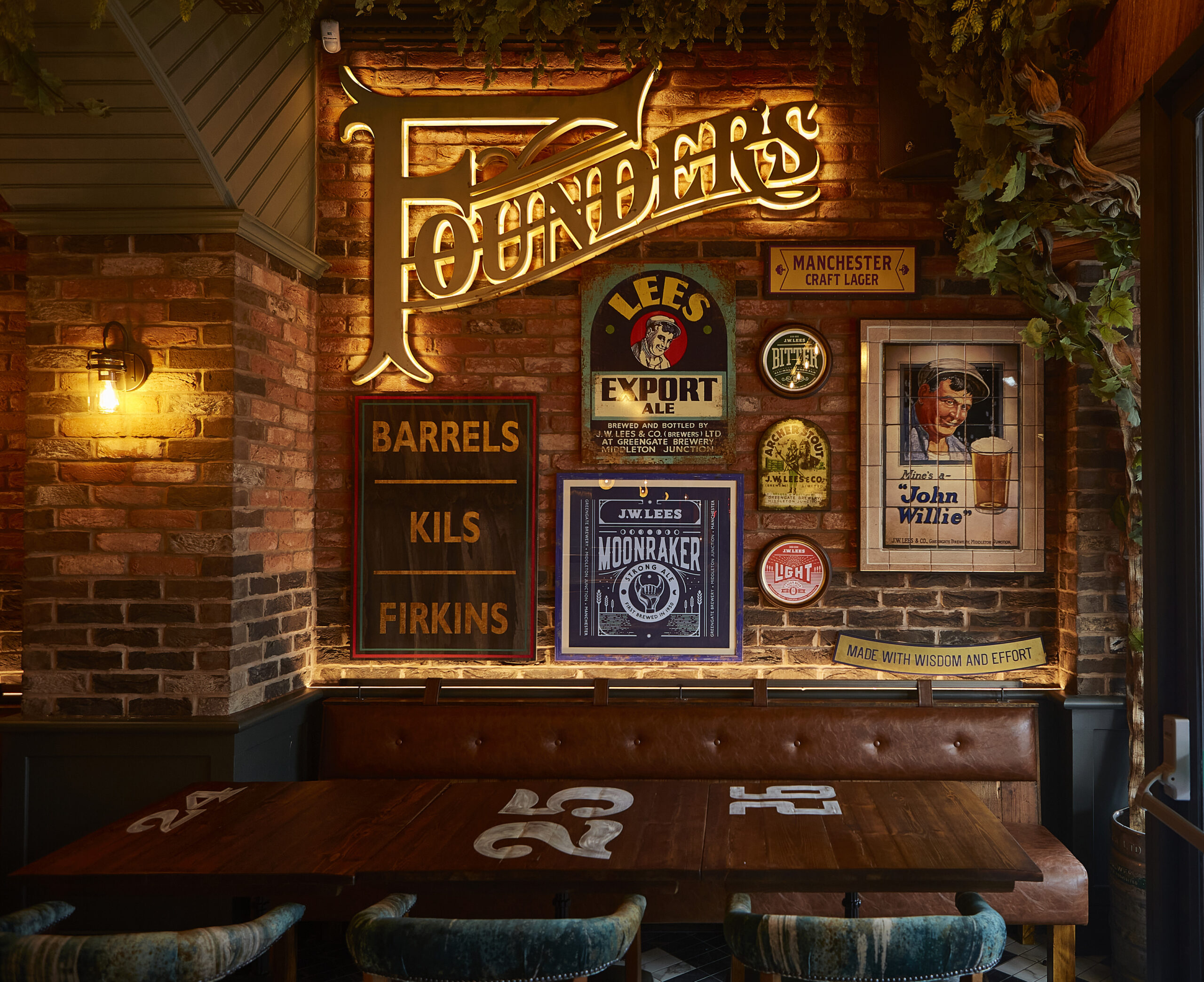
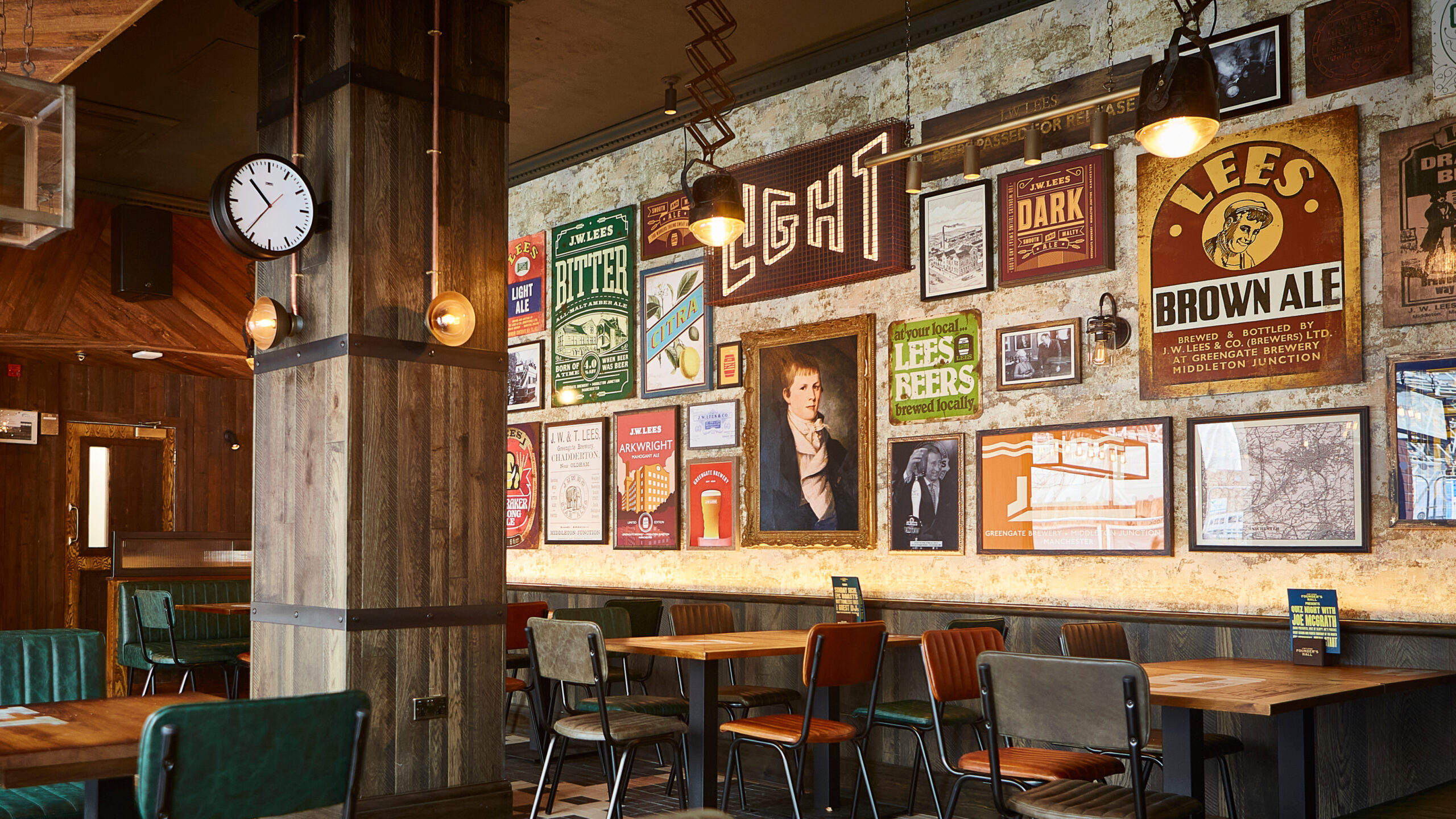
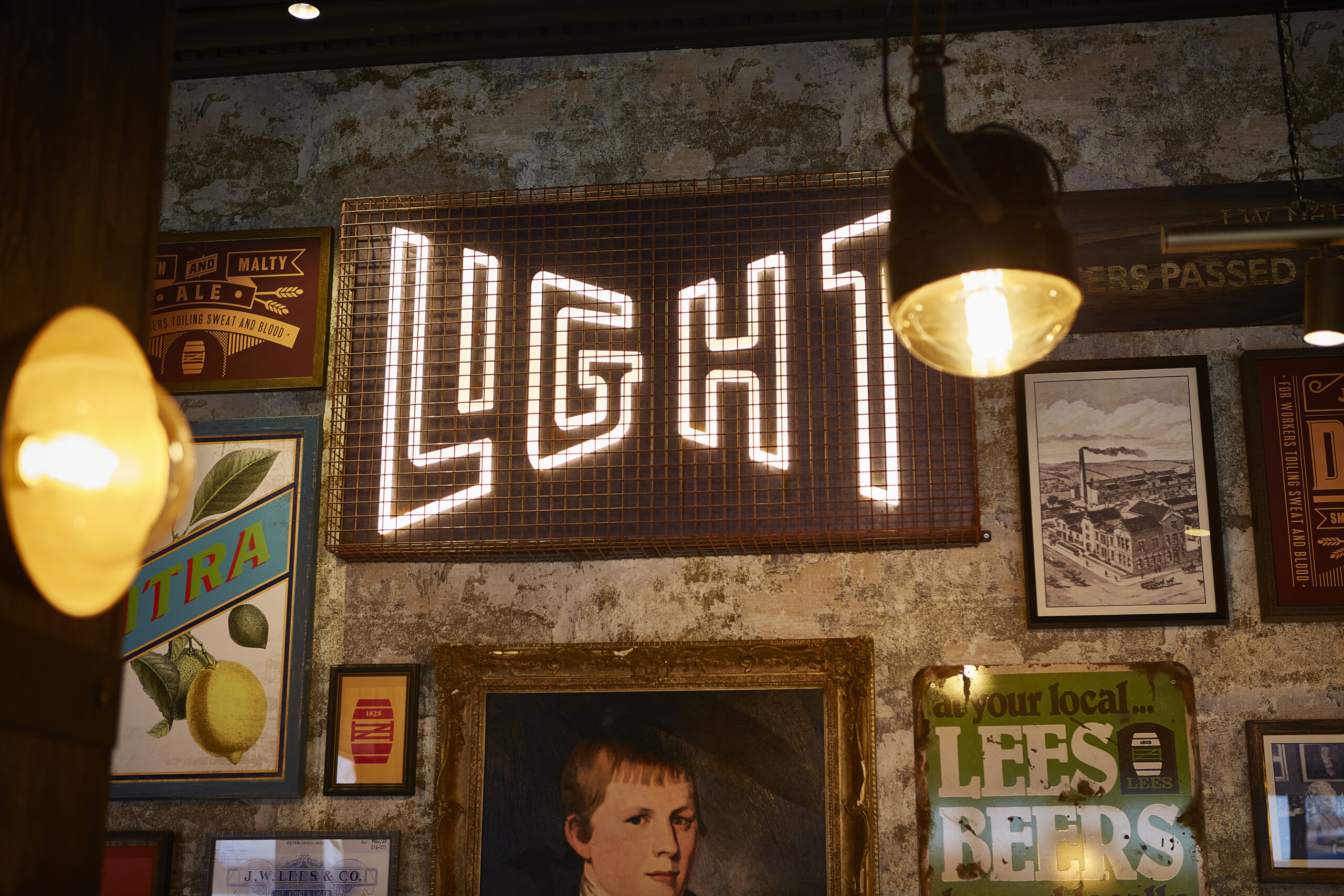
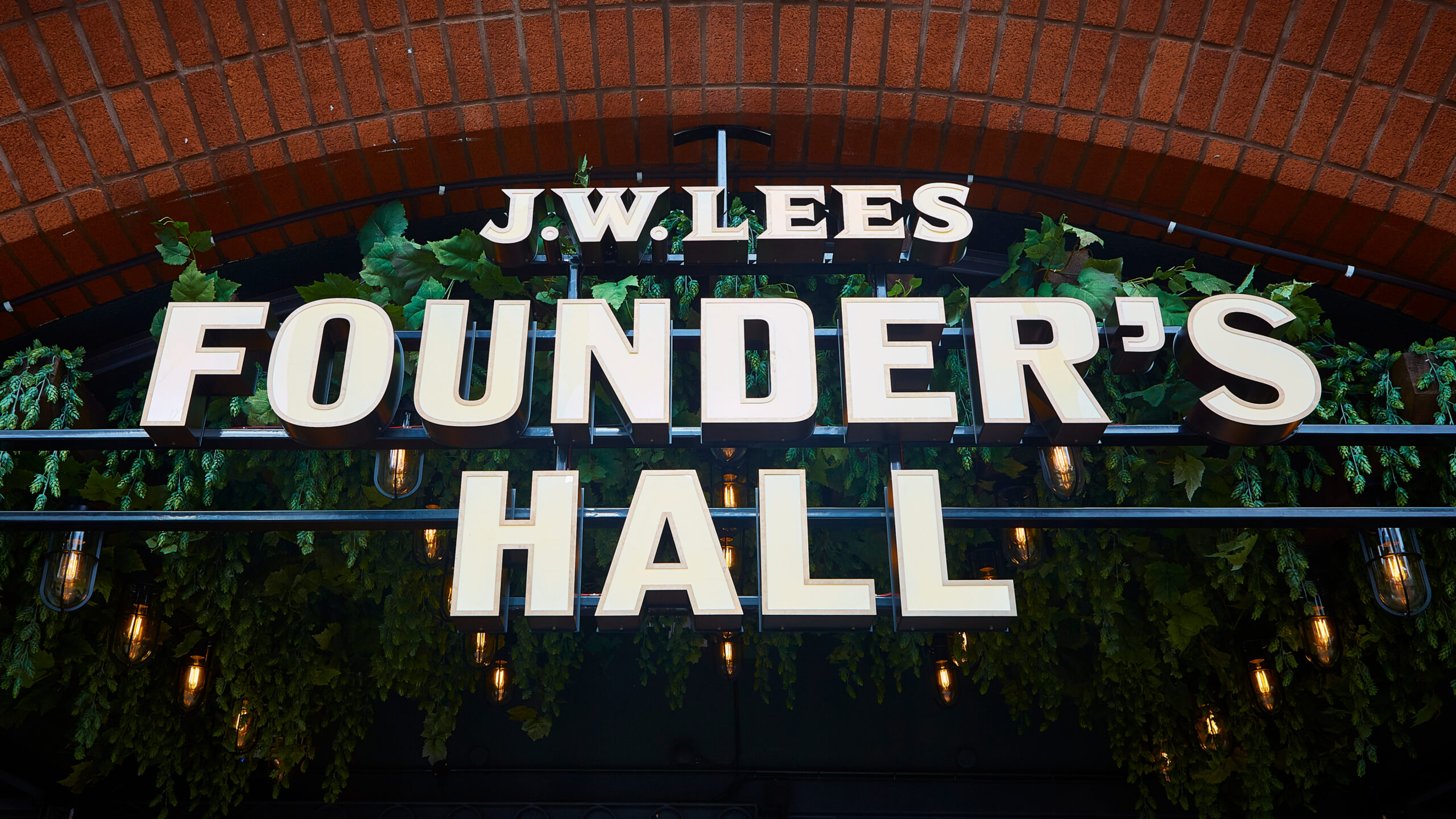
The name and concept for Founder’s Hall that we devised was rooted in honouring JW Lees’ founder, John Lees, in a modern food and beer hall environment. It’s a shrine to JW Lees’ beers, showcasing the vast range of cask ales, lagers, and Boilerhouse beers that we have branded over the last eight years. The menu features nibbles, bar snacks and small plates perfect for pairing with a few pints or sampling something new with a beer flight. The main event is hand-crafted pressed pies, as well as some JW Lees pub favourites.
